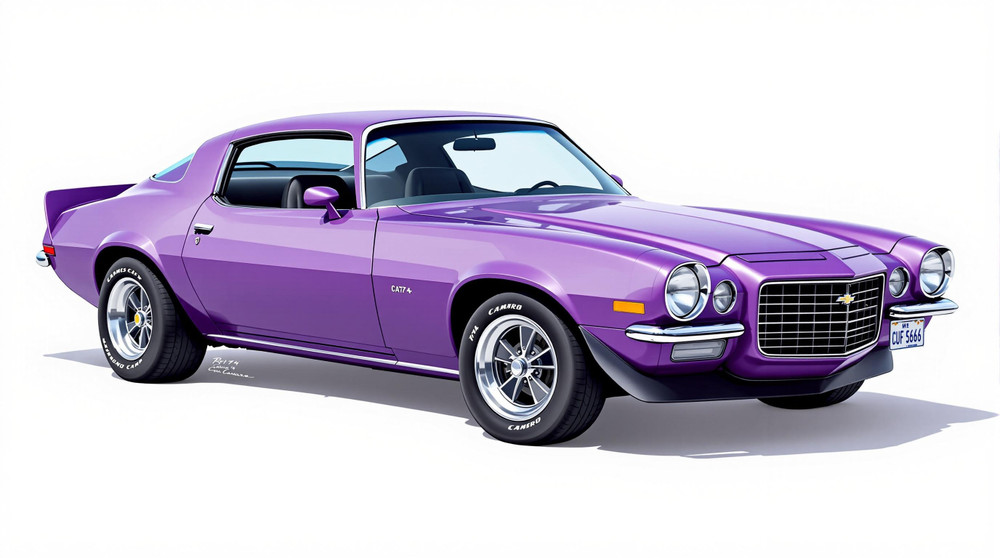Image of 1974 Chevrolet Camaro, Note: These illustrations use artistic license and may differ from actual historical models.
Performance Metrics
Fundamental Metrics
Emotional Appeal
MMP Rating
| Engine Specifications | |
|---|---|
| Engine: | 250 I6, 350 V8, 400 V8 |
| Displacement: | 250-400 cu in |
| Horsepower: | 100-245 hp |
| Torque: | 185-345 lb-ft |
| Compression Ratio: | 8.0:1 - 8.5:1 |
| Ignition System: | Conventional distributor ignition system |
| Cooling System: | Liquid-cooled |
| Performance Specifications | |
| 0-60 Time: | 7.5 - 10 seconds |
| 1/4 Mile Time: | 15.5 - 17 seconds |
| Top Speed: | 115 - 130 mph |
| Transmission and Drive | |
| Drive Type: | Rear-wheel drive |
| Transmission Type: | 3-speed manual, 4-speed manual, 3-speed automatic |
| Fuel and Efficiency | |
| Fuel System Type: | Carburetor |
| MPG: | 10-15 mpg |
| Dimensions and Brakes | |
| Brakes: | Front disc, rear drum |
| Wheelbase: | 108.1 inches |
| Weight: | 3,500 - 3,800 lbs |
Note: Specifications for classic cars are given to the best of our ability, considering the limited and variant data available.
1974 Chevrolet Camaro: A Symbol of American Muscle
The 1974 Chevrolet Camaro stands as a testament to the enduring allure of American muscle cars. Born in an era of automotive excess, the Camaro was Chevrolet's answer to the Ford Mustang—a vehicle that not only competed with its rival but also carved out its own legendary status. This particular model year is notable for being part of the second generation, which introduced a range of design changes in response to new federal regulations.
Unique among its peers for its combination of raw power and style, the '74 Camaro had a special role in Chevrolet's lineup during a time when the fuel crisis and emissions standards were beginning to reshape the industry. It was a period that marked the end of an era for high-powered muscle cars, making this model particularly significant as one of the last to offer such performance before manufacturers shifted focus.
Design and Innovation
The 1974 Camaro's exterior styling was characterized by a sleek yet aggressive stance, with a wide grille and pronounced fender flares that hinted at its performance capabilities. The body featured a long hood and short deck profile, which was a hallmark of muscle car design. This year also saw the introduction of new aluminum bumpers that conformed to 5-mph impact standards without compromising the car's aesthetics.
Inside, drivers were greeted with a cockpit-style interior that prioritized function and driver engagement. The quality of materials reflected the era's standards, with options ranging from basic vinyl to plush velour seats. Technological features for its time included an optional center console with gauges and an AM/FM stereo system.
Color options for the '74 Camaro were vibrant and varied, with choices like "Bright Yellow" and "Medium Red" catching buyers' attention. Among these, "Antique White" and "Dark Blue Metallic" emerged as popular picks. The car was available in both coupe and convertible body styles, with the Z28 performance package being the most iconic option sought after by enthusiasts.
Historical Significance
The 1974 Camaro didn't just represent Chevrolet's prowess in engineering; it also stood as a cultural icon. It set itself apart from contemporaries with its balanced approach to performance and style. Despite tightening regulations, it managed to retain a level of power that kept muscle car enthusiasts satisfied while adapting to changing times.
Performance and Handling
The '74 Camaro offered various engine choices, but it was the Z28's 350 cubic inch V8 that captured hearts with its robust performance. Though power ratings had begun to decline due to emissions controls, this model could still push from 0-60 mph in under 7 seconds—a respectable figure for its day.
On the road, drivers appreciated the Camaro's sporty handling characteristics. The suspension was tuned to provide a balance between comfort and responsiveness, allowing it to tackle both straightaways and curves with confidence. The sound of its V8 engine was unmistakable, adding to an exhilarating driving experience that was both raw and refined.
Ownership Experience
The 1974 Camaro found its place as a versatile vehicle—it served as a daily driver for some, while others cherished it as a weekend show car or even used it in amateur racing events. Maintenance and reliability were typical for vehicles of this era; straightforward mechanicals meant repairs could often be handled by owners themselves.
Fun Facts
This model year saw some interesting trivia: The Z28 option was actually discontinued at the start of 1974 but brought back mid-year due to popular demand. While not known for setting speed records, this Camaro has appeared in various films and TV shows, cementing its place in pop culture.
Collector's Information
Today, values for a well-maintained 1974 Chevrolet Camaro can vary widely based on condition, originality, and options like the Z28 package. While production numbers were significant—with tens of thousands produced—finding one in excellent condition can be challenging. Prices can range from $15,000 for a base model in good condition to upwards of $50,000 or more for pristine Z28 models or those with documented special provenance.
Conclusion
The 1974 Chevrolet Camaro remains an emblematic piece of American automotive history—a bridge between two eras and a beloved classic that continues to captivate enthusiasts worldwide. Its blend of style, power, and cultural significance ensures that it will be celebrated for generations to come.
1974 Chevrolet Camaro Catalog of Parts
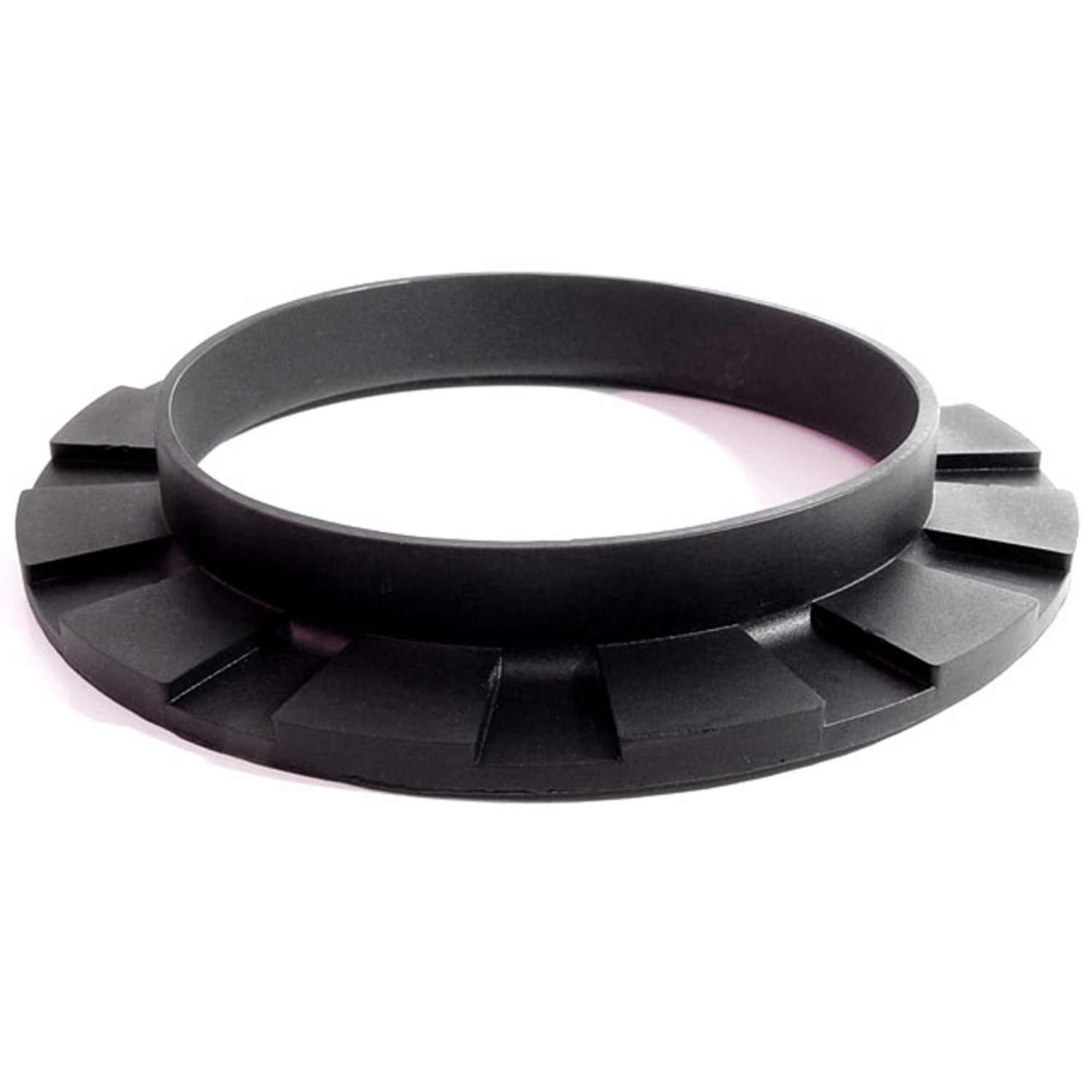 1974 Chevrolet Camaro Front coil-spring insulator-BN 110Front coil-spring insulator. Fits '41-'60 Oldsmobile and '50-'83 GM passenger models. 5-3/8 in. OD x 3-3/4 in. ID x 3/4 in. high with 13/16 in. wide bottom flange 1/4" thick, 12 flutes. Each.
1974 Chevrolet Camaro Front coil-spring insulator-BN 110Front coil-spring insulator. Fits '41-'60 Oldsmobile and '50-'83 GM passenger models. 5-3/8 in. OD x 3-3/4 in. ID x 3/4 in. high with 13/16 in. wide bottom flange 1/4" thick, 12 flutes. Each.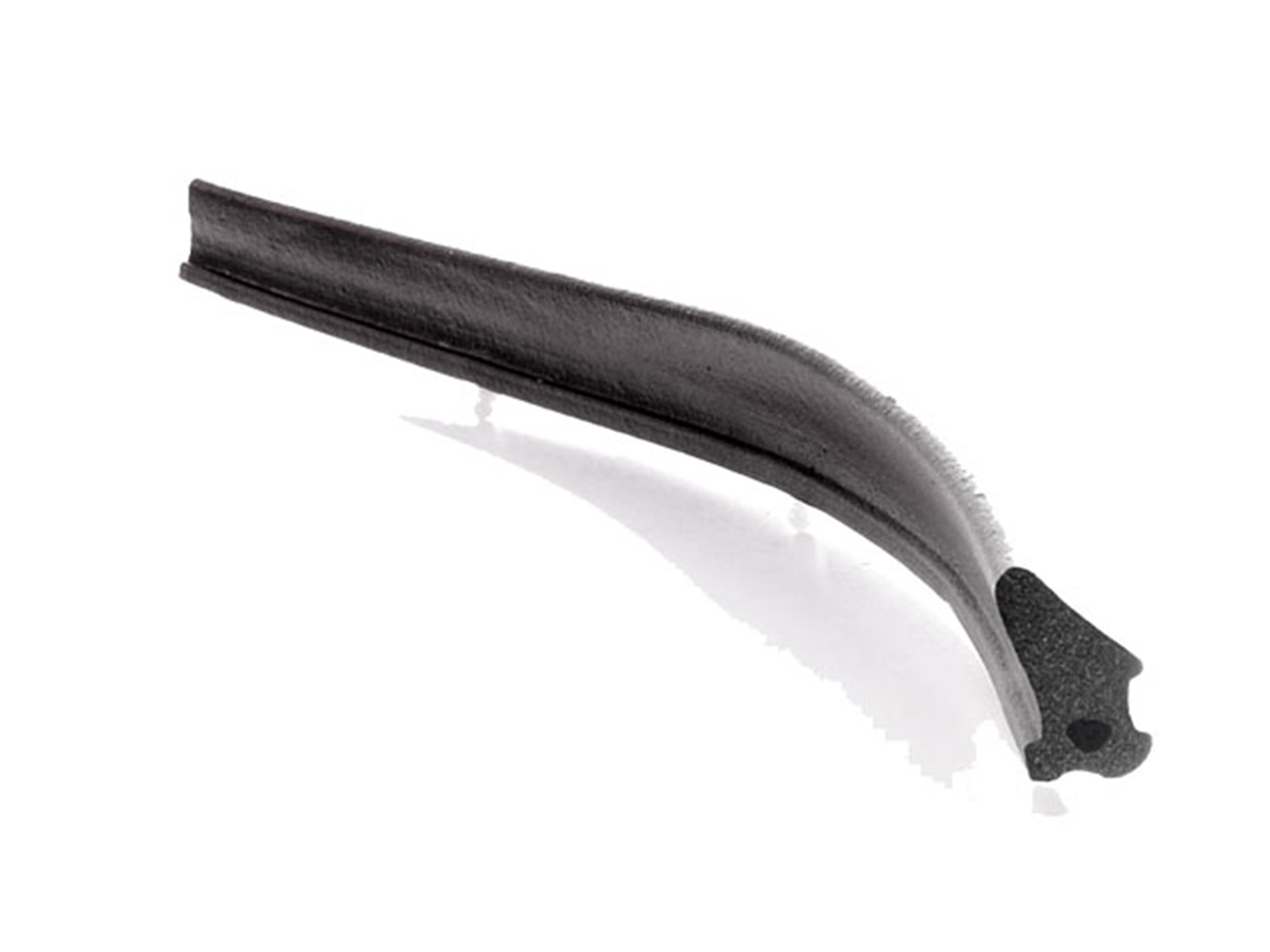 1974 Chevrolet Camaro Door Side Seal-C/LP 40-KDoor Side Seal. Made of smooth skin sponge extrusion, with clips installed. (For seal without clips, see LP 40-K) Sold by the foot.
1974 Chevrolet Camaro Door Side Seal-C/LP 40-KDoor Side Seal. Made of smooth skin sponge extrusion, with clips installed. (For seal without clips, see LP 40-K) Sold by the foot.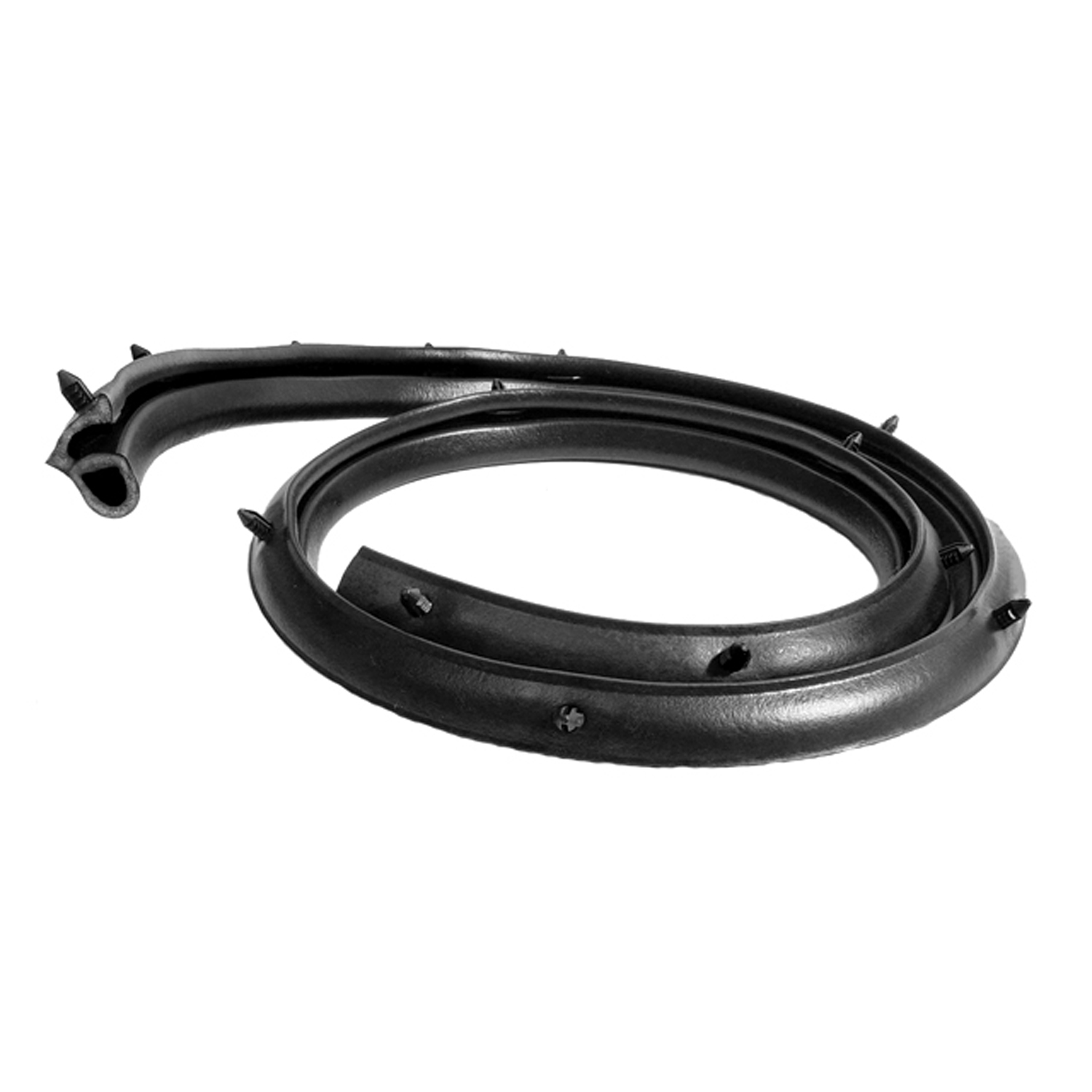 1974 Chevrolet Camaro Hood-to-cowl seal. ’70-’81 Camaro, ’77-’81 Firebird-CS 15-CHood-to-cowl seal. '70-'81 Camaro, '77-'81 Firebird. Excludes models with fiberglass hood. Replaces OEM#14030759. Each.
1974 Chevrolet Camaro Hood-to-cowl seal. ’70-’81 Camaro, ’77-’81 Firebird-CS 15-CHood-to-cowl seal. '70-'81 Camaro, '77-'81 Firebird. Excludes models with fiberglass hood. Replaces OEM#14030759. Each.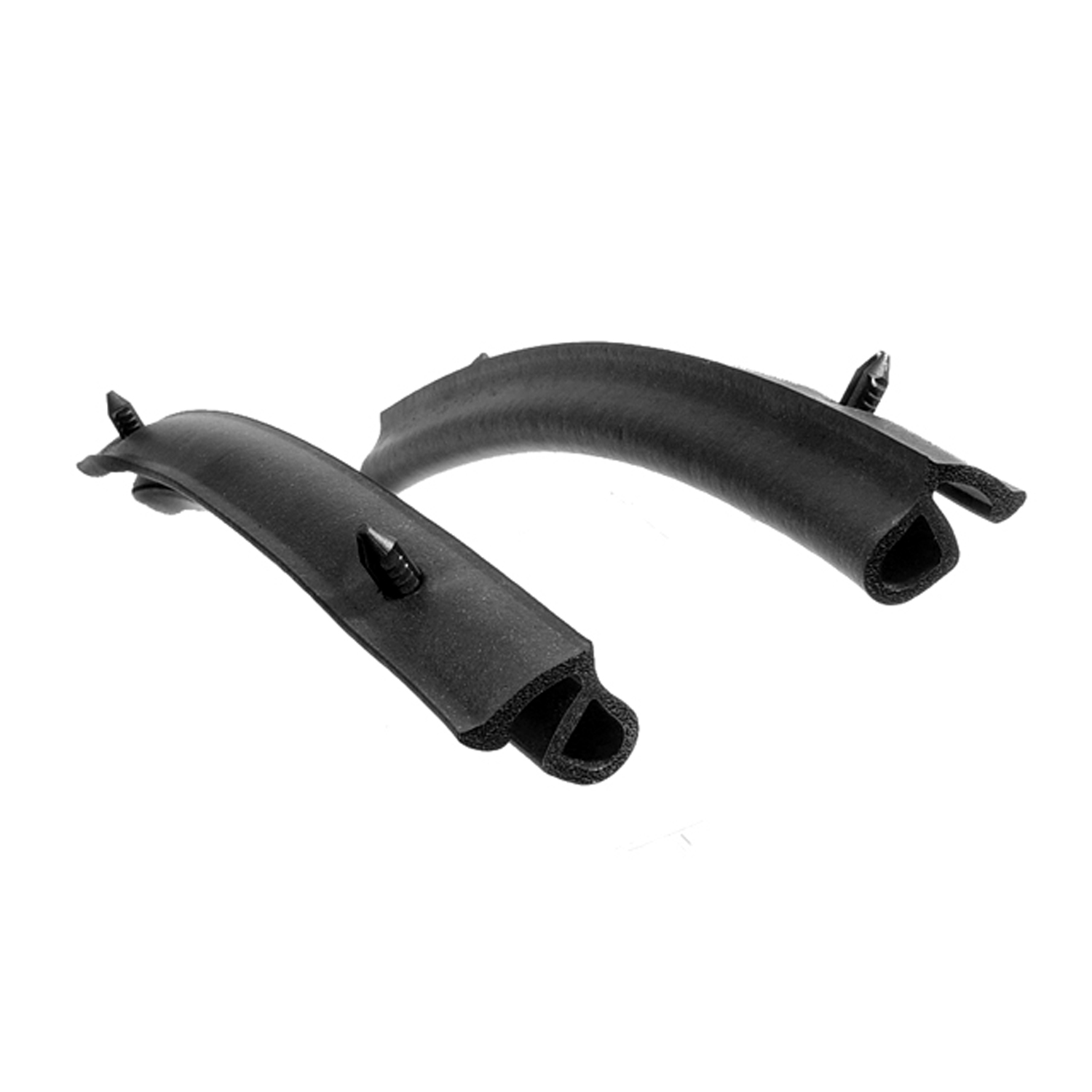 1974 Chevrolet Camaro Rear hood-to-corner cowl seals-CS 15-DRear hood-to-corner cowl seals. '70-'81 Camaro, '77-'81 Firebird. Excludes models with fiberglass hood. Pair.
1974 Chevrolet Camaro Rear hood-to-corner cowl seals-CS 15-DRear hood-to-corner cowl seals. '70-'81 Camaro, '77-'81 Firebird. Excludes models with fiberglass hood. Pair.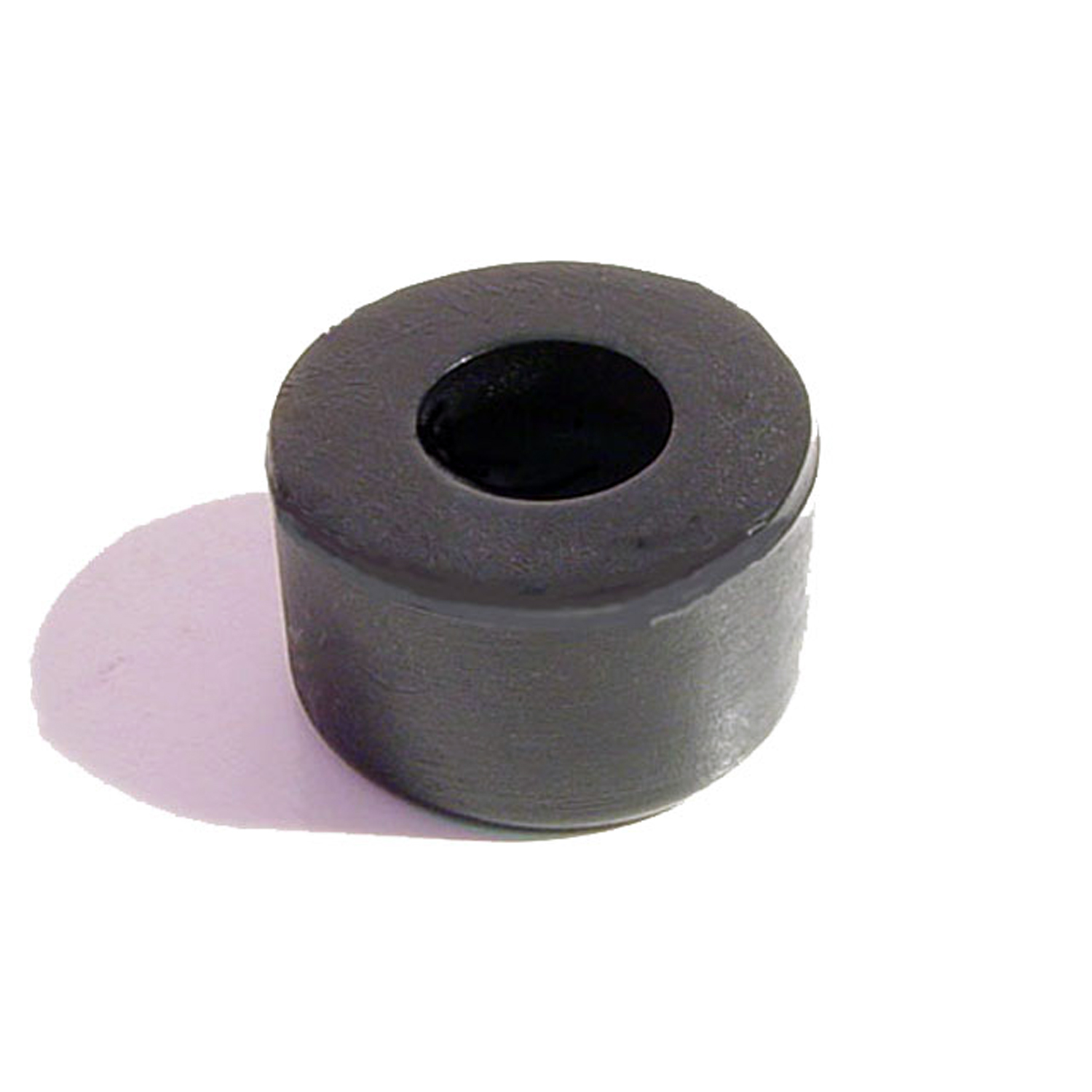 1974 Chevrolet Camaro Door, Hood and Trunk Bumper Cap for adjustment bolt-HA 5Door, Hood and Trunk Bumper Cap for adjustment bolt. 7/8" diameter X 7/16" thick. Each
1974 Chevrolet Camaro Door, Hood and Trunk Bumper Cap for adjustment bolt-HA 5Door, Hood and Trunk Bumper Cap for adjustment bolt. 7/8" diameter X 7/16" thick. Each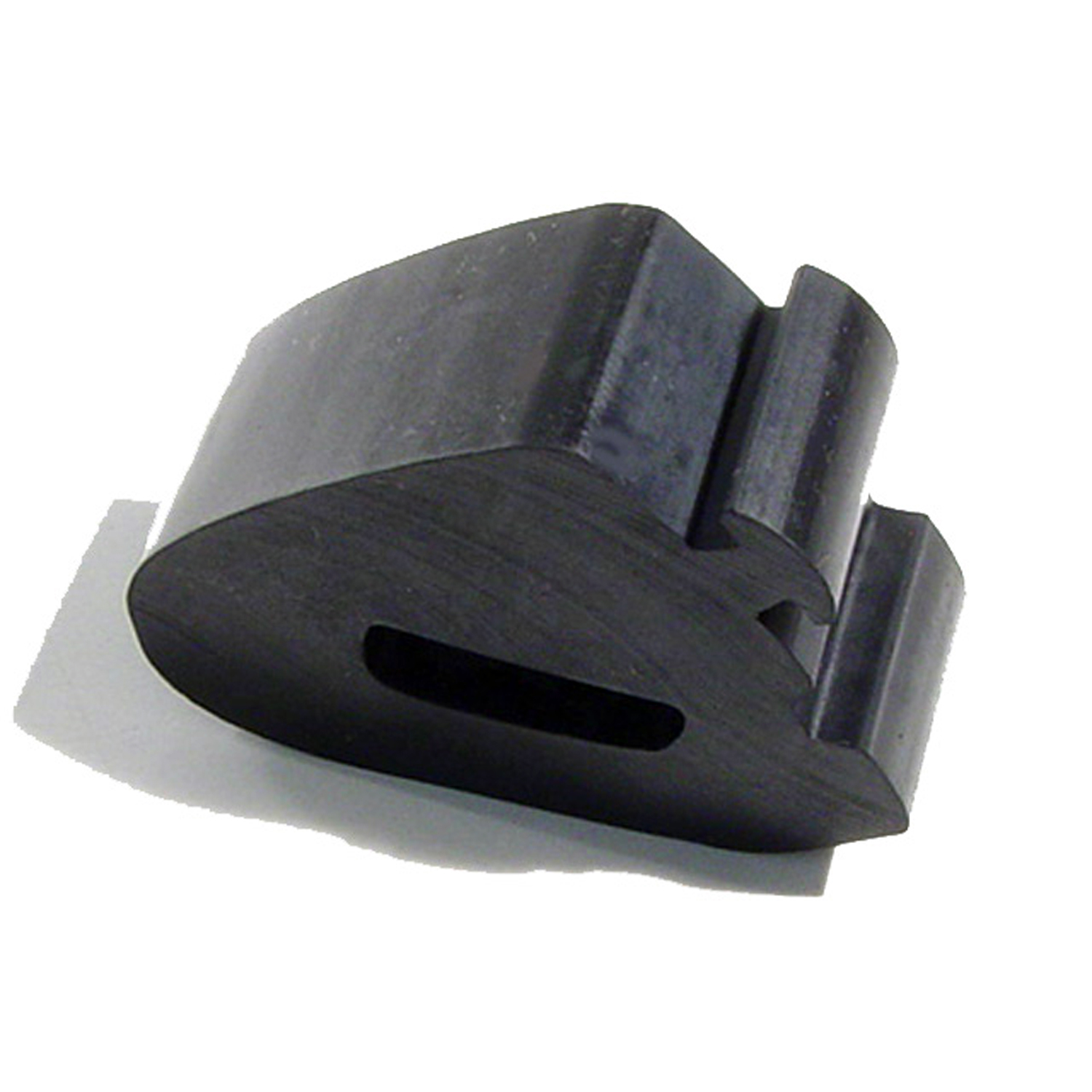 1974 Chevrolet Camaro Hood Side Bumper. 1-5/8" X 1-1/16" X 11/16. Each-HF 64Hood Side Bumper. 1-5/8" X 1-1/16" X 11/16. Each
1974 Chevrolet Camaro Hood Side Bumper. 1-5/8" X 1-1/16" X 11/16. Each-HF 64Hood Side Bumper. 1-5/8" X 1-1/16" X 11/16. Each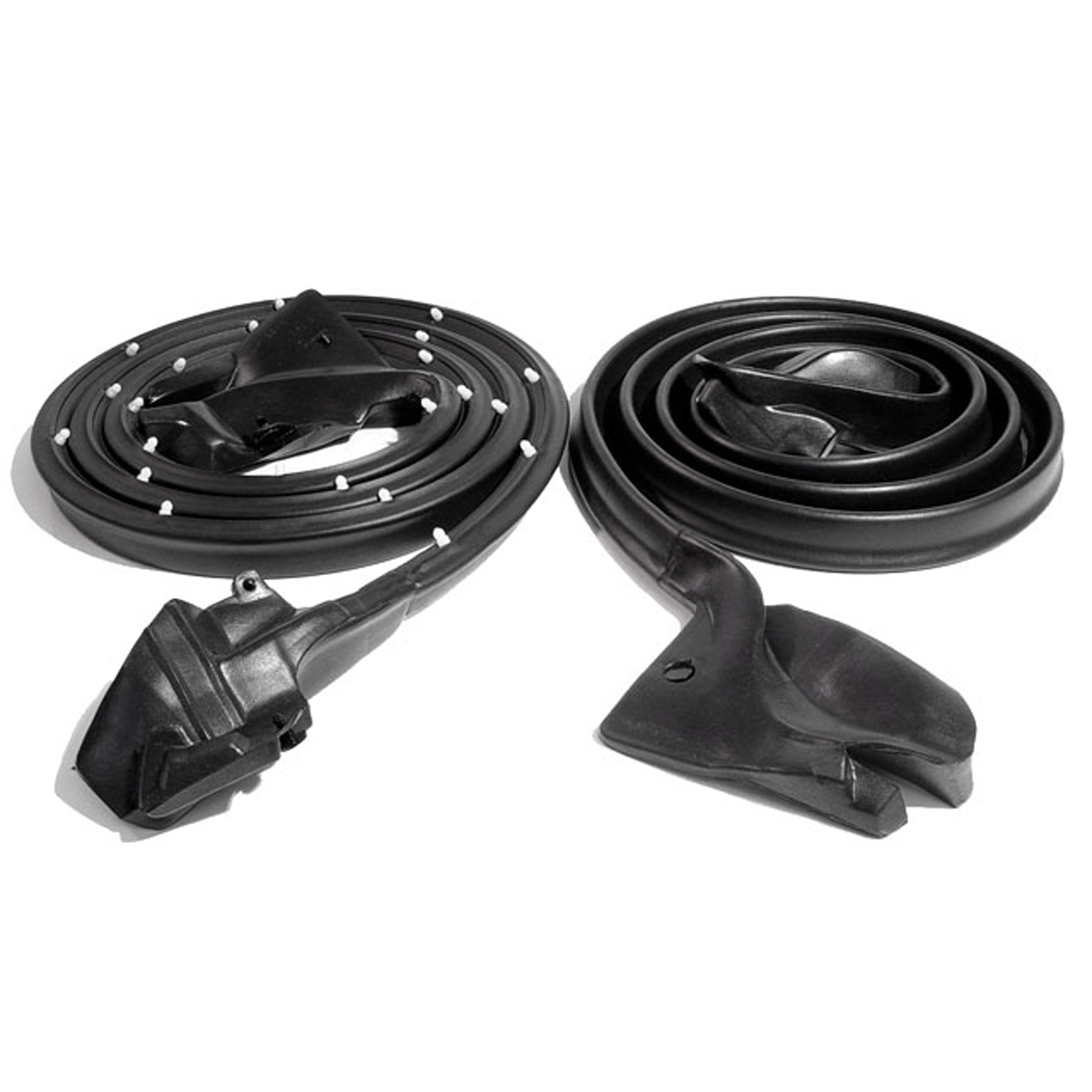 1974 Chevrolet Camaro Molded Door Seals with Clips and Molded Ends-LM 22-BMolded Door Seals with Clips and Molded Ends. Replaces OEM #9868430/1. Pair R&L
1974 Chevrolet Camaro Molded Door Seals with Clips and Molded Ends-LM 22-BMolded Door Seals with Clips and Molded Ends. Replaces OEM #9868430/1. Pair R&L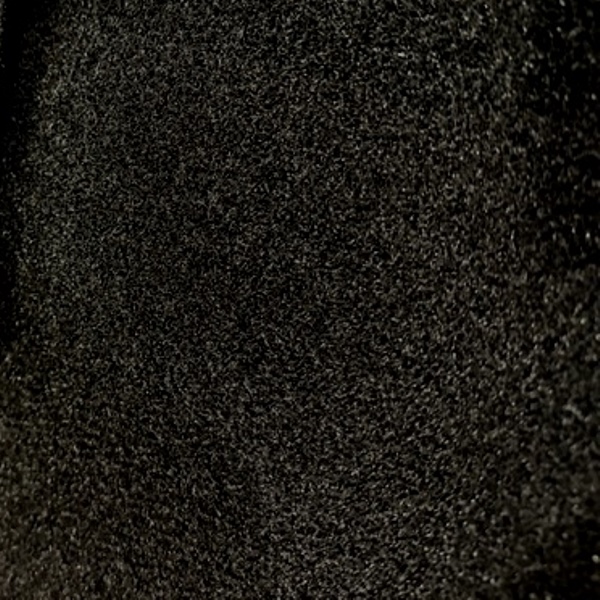 1974 Chevrolet Camaro Trunk Liner. Loose weave, jet black. 50" wide-M 30Trunk Liner. Loose weave, jet black. 50" wide. Sold by the foot
1974 Chevrolet Camaro Trunk Liner. Loose weave, jet black. 50" wide-M 30Trunk Liner. Loose weave, jet black. 50" wide. Sold by the foot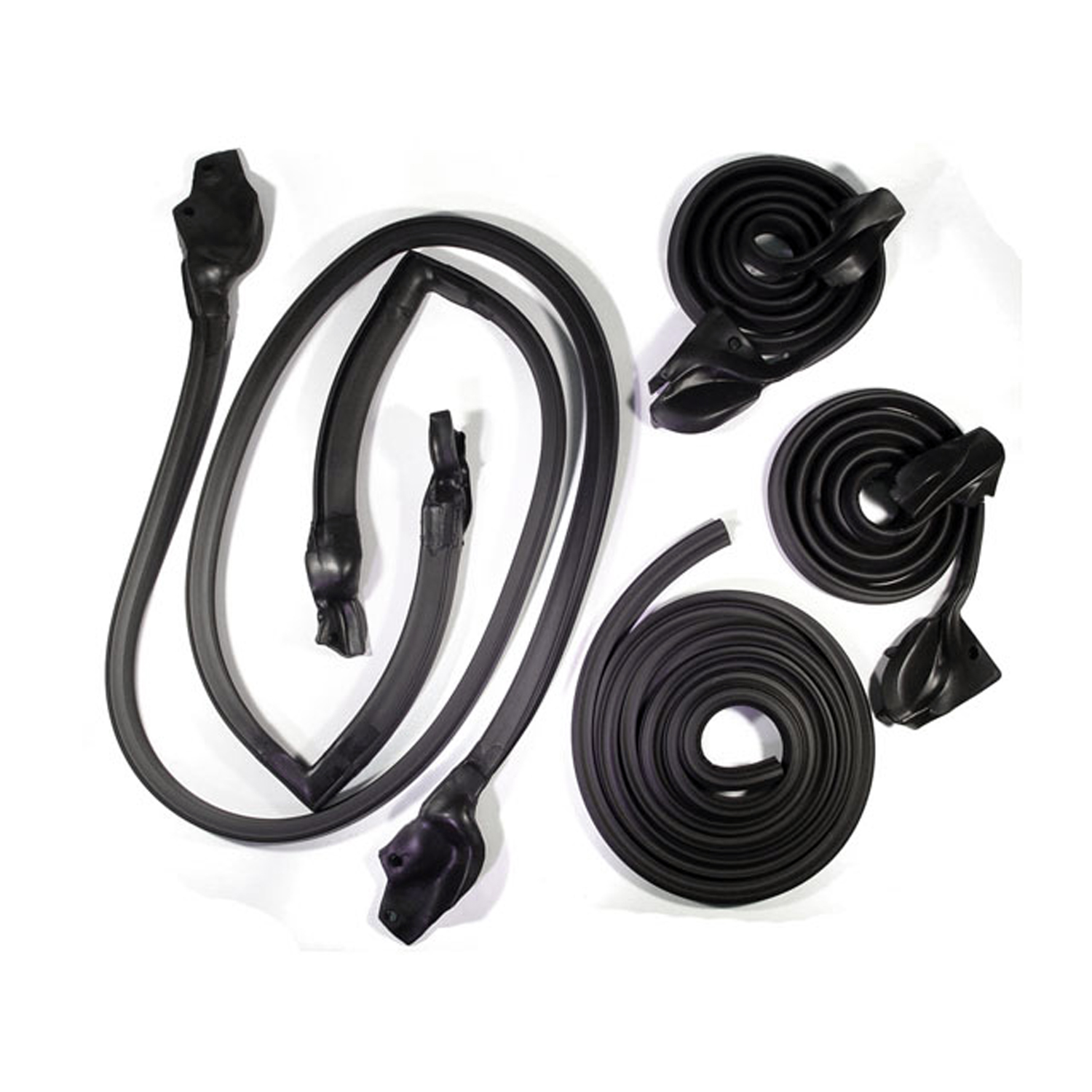 1974 Chevrolet Camaro Basic Kit, for 2-Door Hardtop-RKB 2001-105Basic Kit, for 2-Door Hardtop. Door (LM 22-B) Roof Rail (RR 7002) Trunk (TK 46-10), Seals.
1974 Chevrolet Camaro Basic Kit, for 2-Door Hardtop-RKB 2001-105Basic Kit, for 2-Door Hardtop. Door (LM 22-B) Roof Rail (RR 7002) Trunk (TK 46-10), Seals.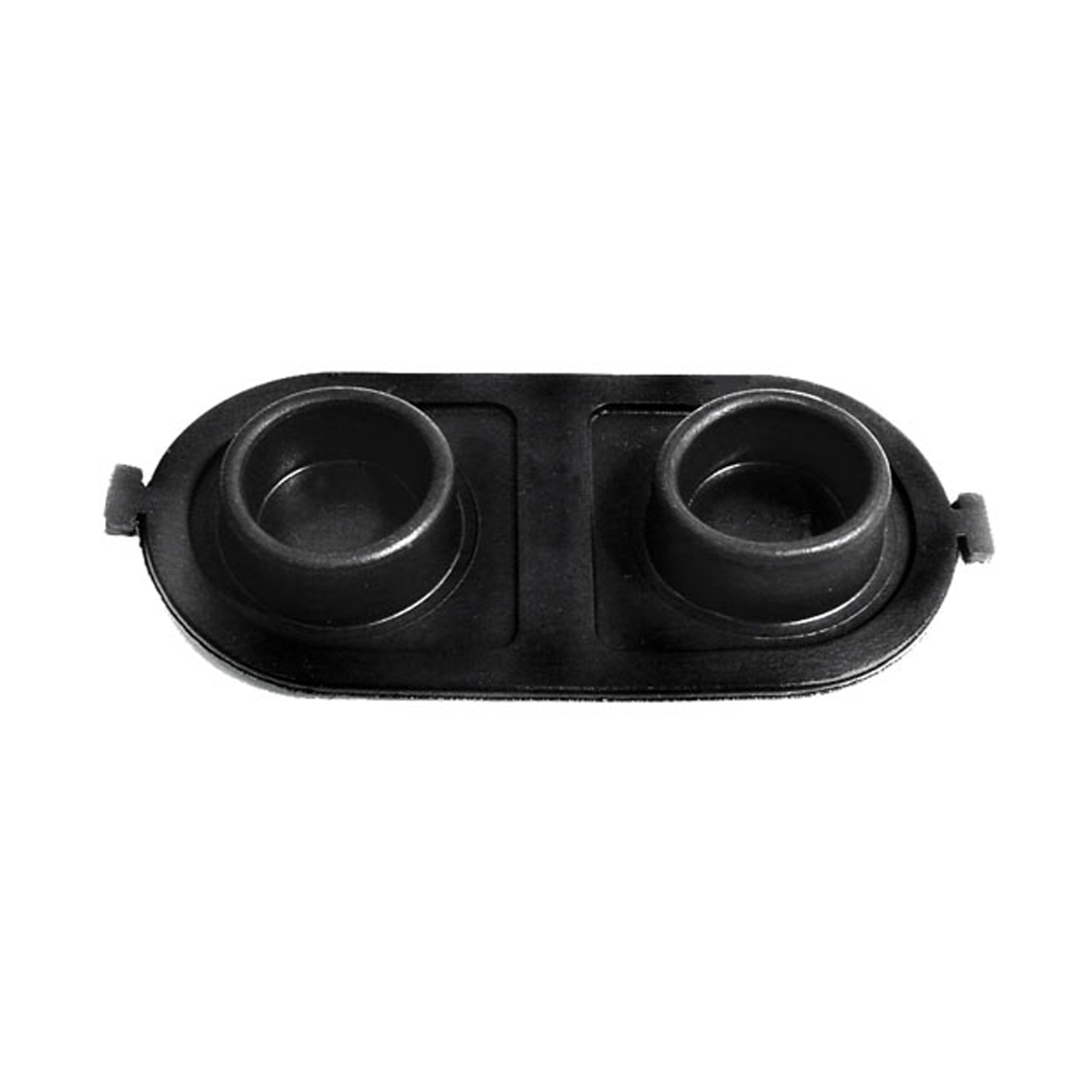 1974 Chevrolet Camaro Brake Master Cylinder Cover Seal. Replaces OEM #5470861-RP 2-EBrake Master Cylinder Cover Seal. Replaces OEM #5470861. 5" X 2-1/2". Each
1974 Chevrolet Camaro Brake Master Cylinder Cover Seal. Replaces OEM #5470861-RP 2-EBrake Master Cylinder Cover Seal. Replaces OEM #5470861. 5" X 2-1/2". Each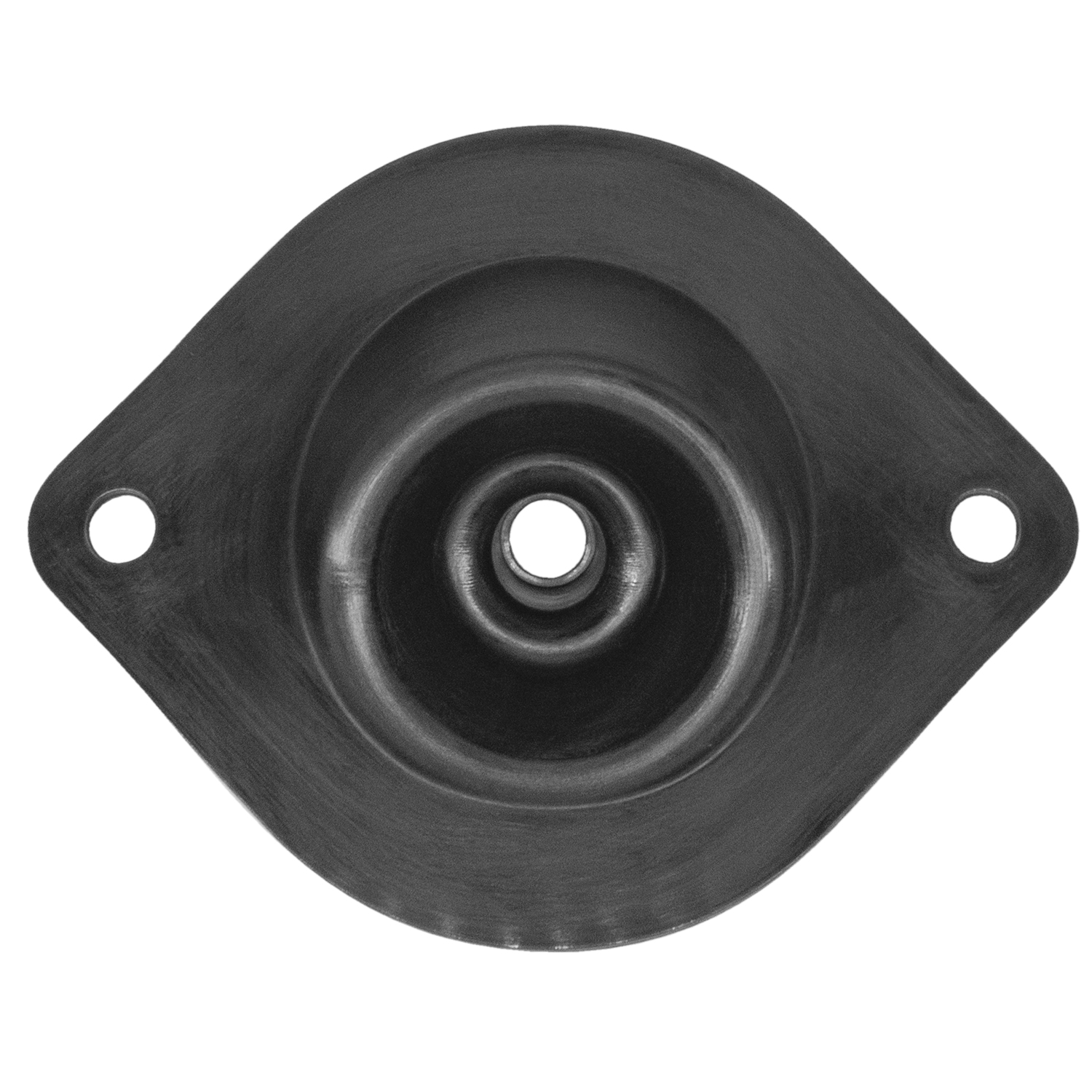 1974 Chevrolet Camaro Gearshift Control Cable Seal,73-81 Chevy Camaro,70-81 Pontiac Firebird-RP 67This seal replaces the gearshift control cable seal on 1973-1981 Chevrolet Camaro and 1970-1981 Pontiac Firebird models with automatic transmissions and floor console gearshifts. Proudly MADE IN AMERICA and manufactured with Metro’s own superior EPDM dense rubber compound to protect against the elements.
1974 Chevrolet Camaro Gearshift Control Cable Seal,73-81 Chevy Camaro,70-81 Pontiac Firebird-RP 67This seal replaces the gearshift control cable seal on 1973-1981 Chevrolet Camaro and 1970-1981 Pontiac Firebird models with automatic transmissions and floor console gearshifts. Proudly MADE IN AMERICA and manufactured with Metro’s own superior EPDM dense rubber compound to protect against the elements.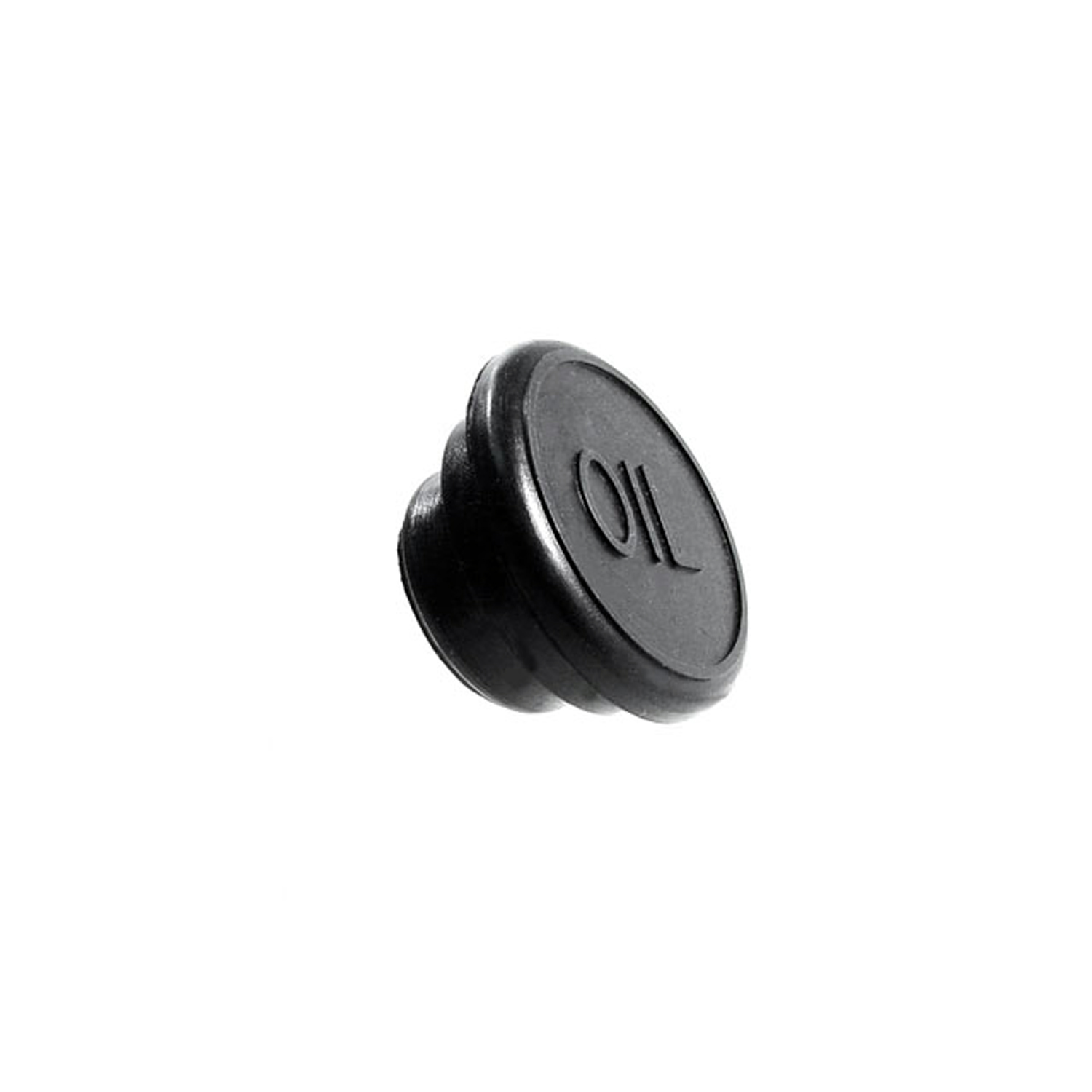 1974 Chevrolet Camaro Oil Filler Hole Cap. Made of rubber-RP 8Oil Filler Hole Cap. Made of rubber. Fits a 1-3/16" to 1-1/4" hole. Each
1974 Chevrolet Camaro Oil Filler Hole Cap. Made of rubber-RP 8Oil Filler Hole Cap. Made of rubber. Fits a 1-3/16" to 1-1/4" hole. Each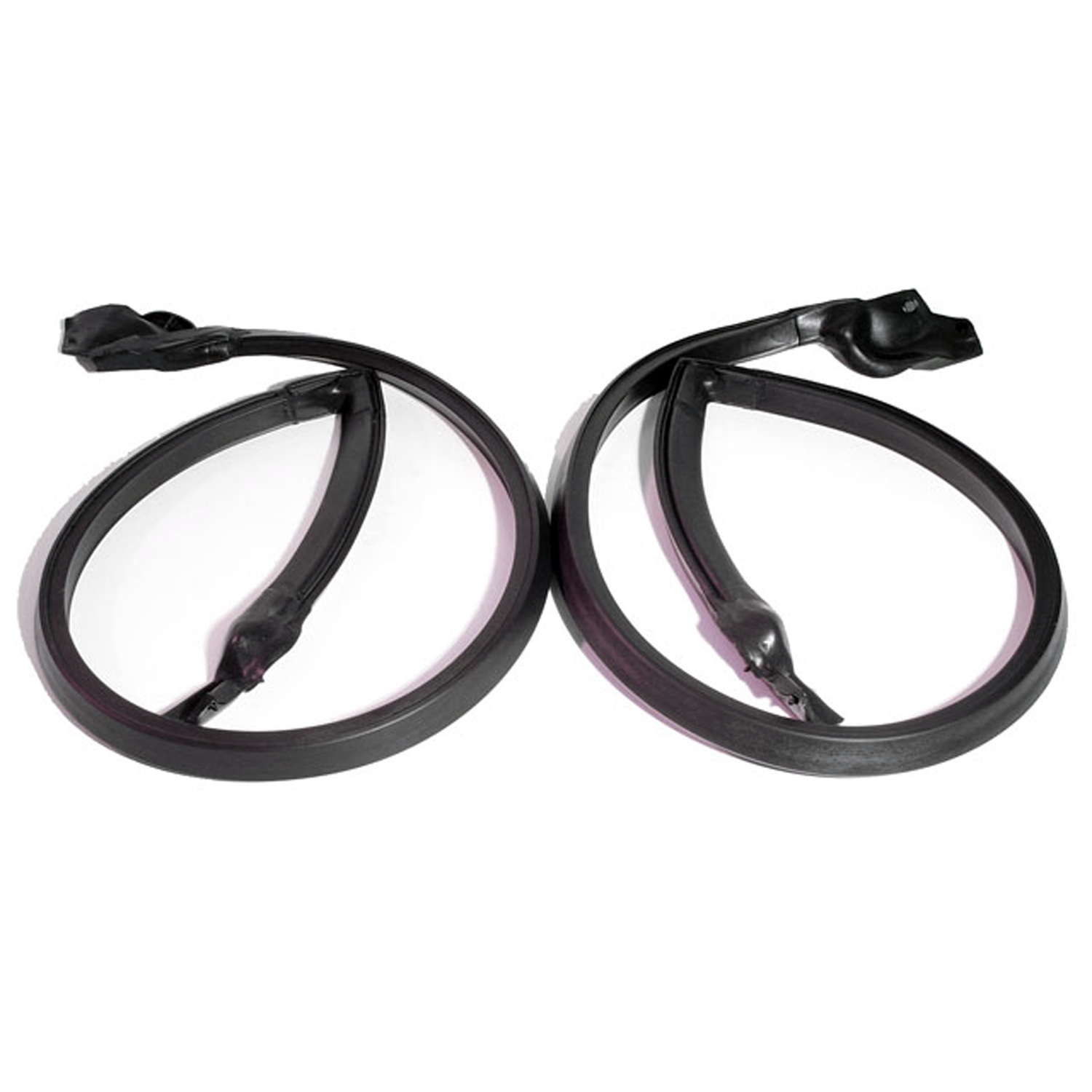 1974 Chevrolet Camaro Roof Rail Seals with Molded Ends. For 2-door hardtop-RR 7002Roof Rail Seals with Molded Ends. For 2-door hardtop. Pair R&L
1974 Chevrolet Camaro Roof Rail Seals with Molded Ends. For 2-door hardtop-RR 7002Roof Rail Seals with Molded Ends. For 2-door hardtop. Pair R&L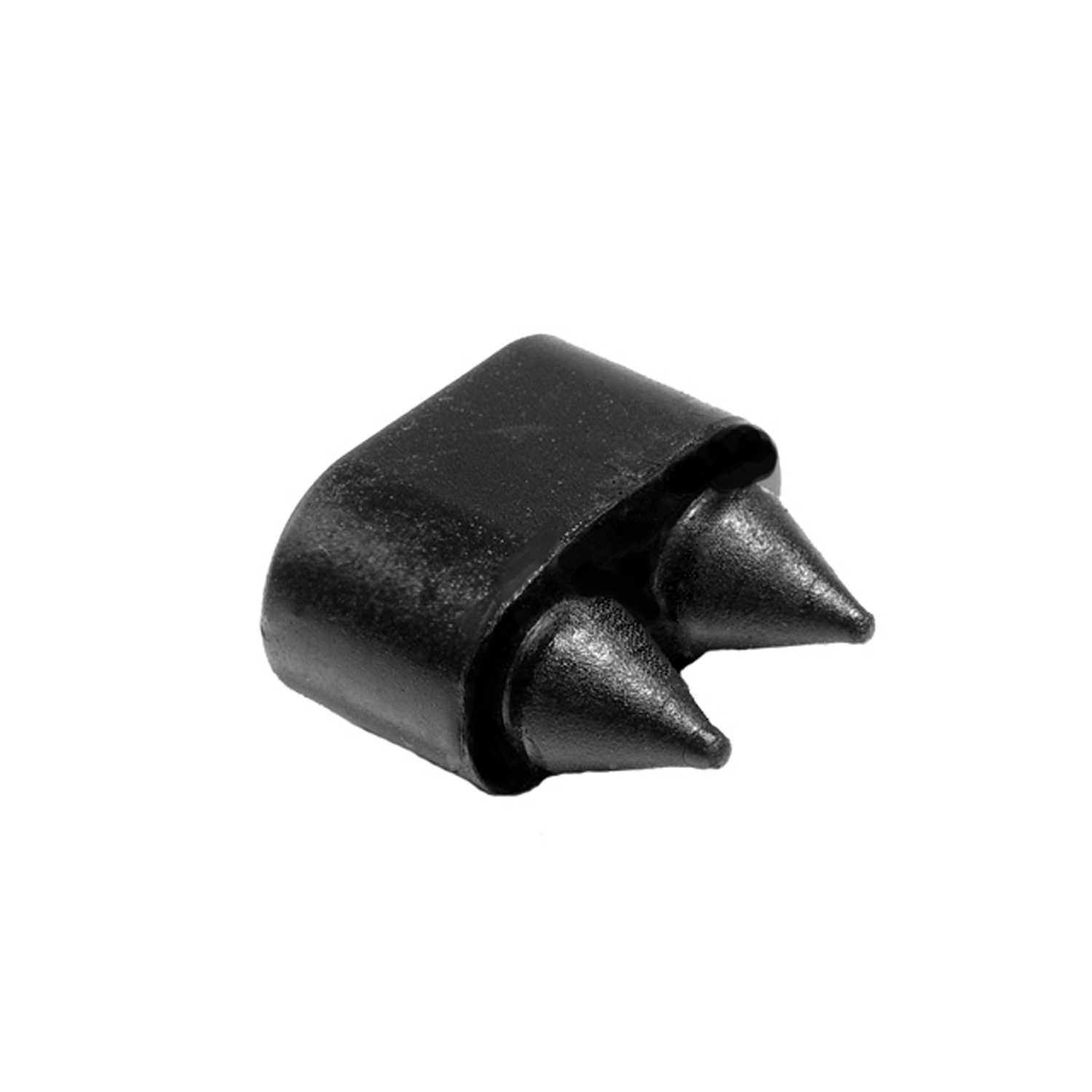 1974 Chevrolet Camaro Door Bumper. Made with twin retainers-SB 32Door Bumper. Made with twin retainers. 3/4" high X 1/2" wide X 15/16" long. Each
1974 Chevrolet Camaro Door Bumper. Made with twin retainers-SB 32Door Bumper. Made with twin retainers. 3/4" high X 1/2" wide X 15/16" long. Each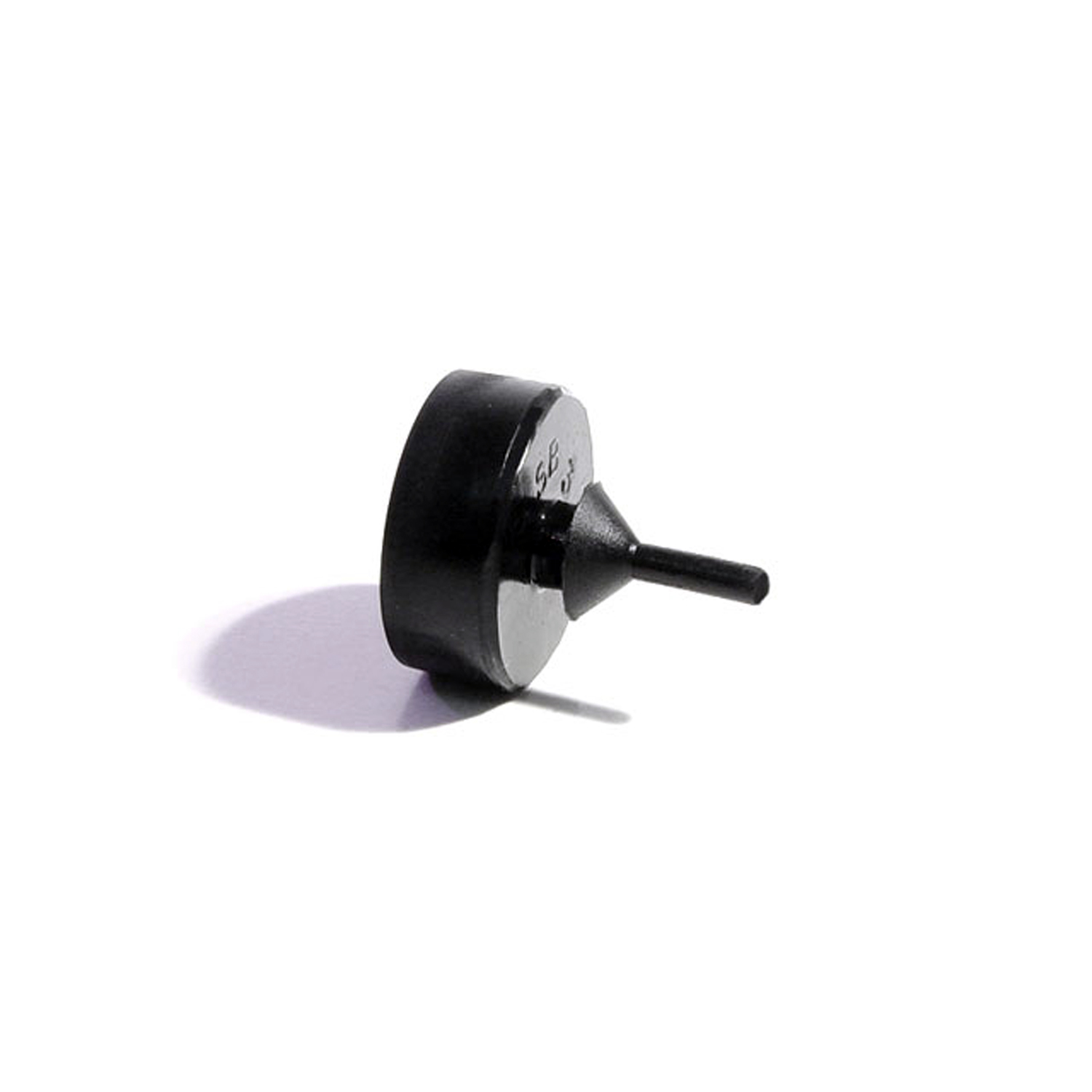 1974 Chevrolet Camaro Trunk Bumper. Fits lower corner on decklid. 15/16" O.D-SB 34Trunk Bumper. Fits lower corner on decklid. 15/16" O.D., 11/16" high. Each
1974 Chevrolet Camaro Trunk Bumper. Fits lower corner on decklid. 15/16" O.D-SB 34Trunk Bumper. Fits lower corner on decklid. 15/16" O.D., 11/16" high. Each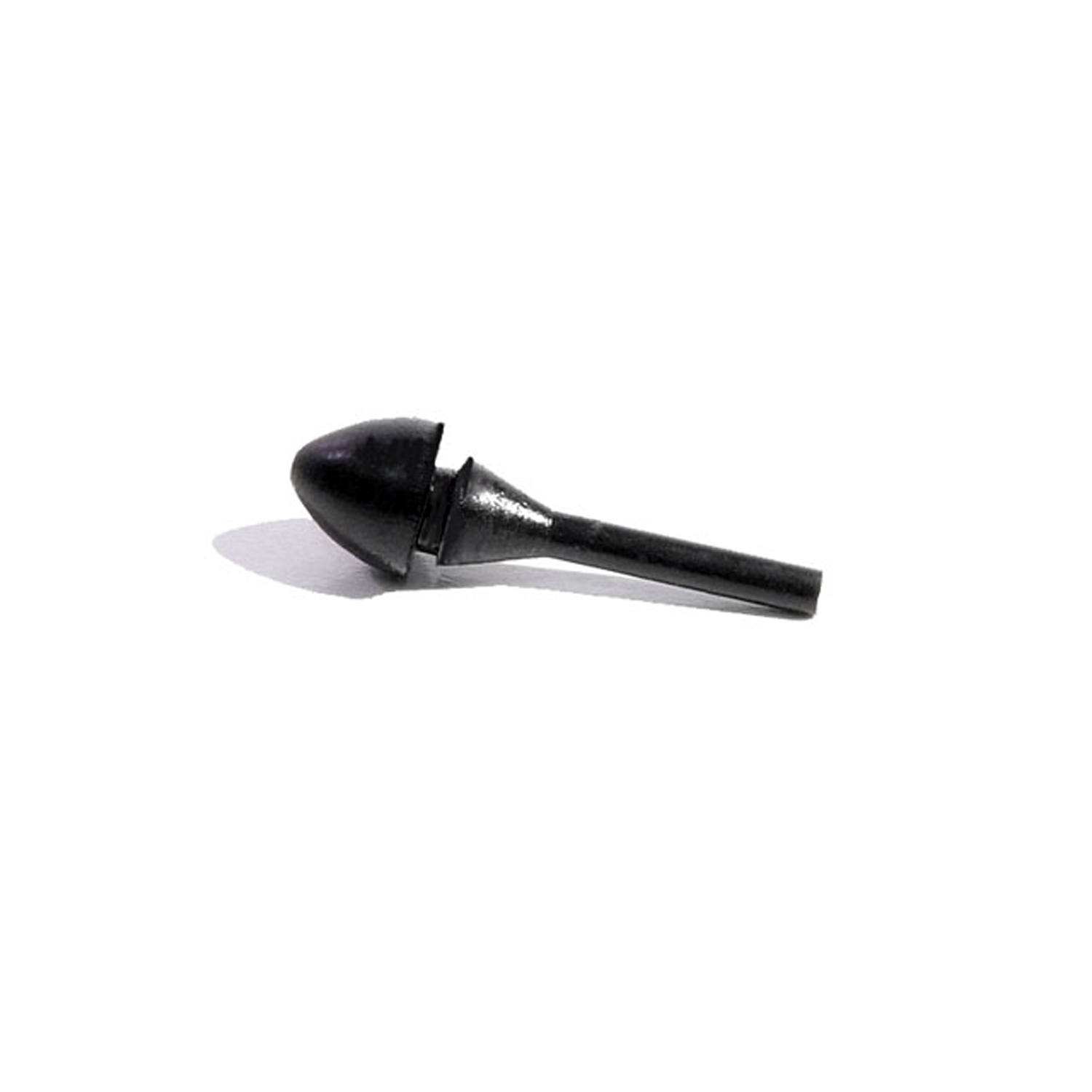 1974 Chevrolet Camaro Interior Bumper. For glove box, ash tray or fuel door-SB 36Interior Bumper. For glove box, ash tray or fuel door. Fits 3/16" hole. Each
1974 Chevrolet Camaro Interior Bumper. For glove box, ash tray or fuel door-SB 36Interior Bumper. For glove box, ash tray or fuel door. Fits 3/16" hole. Each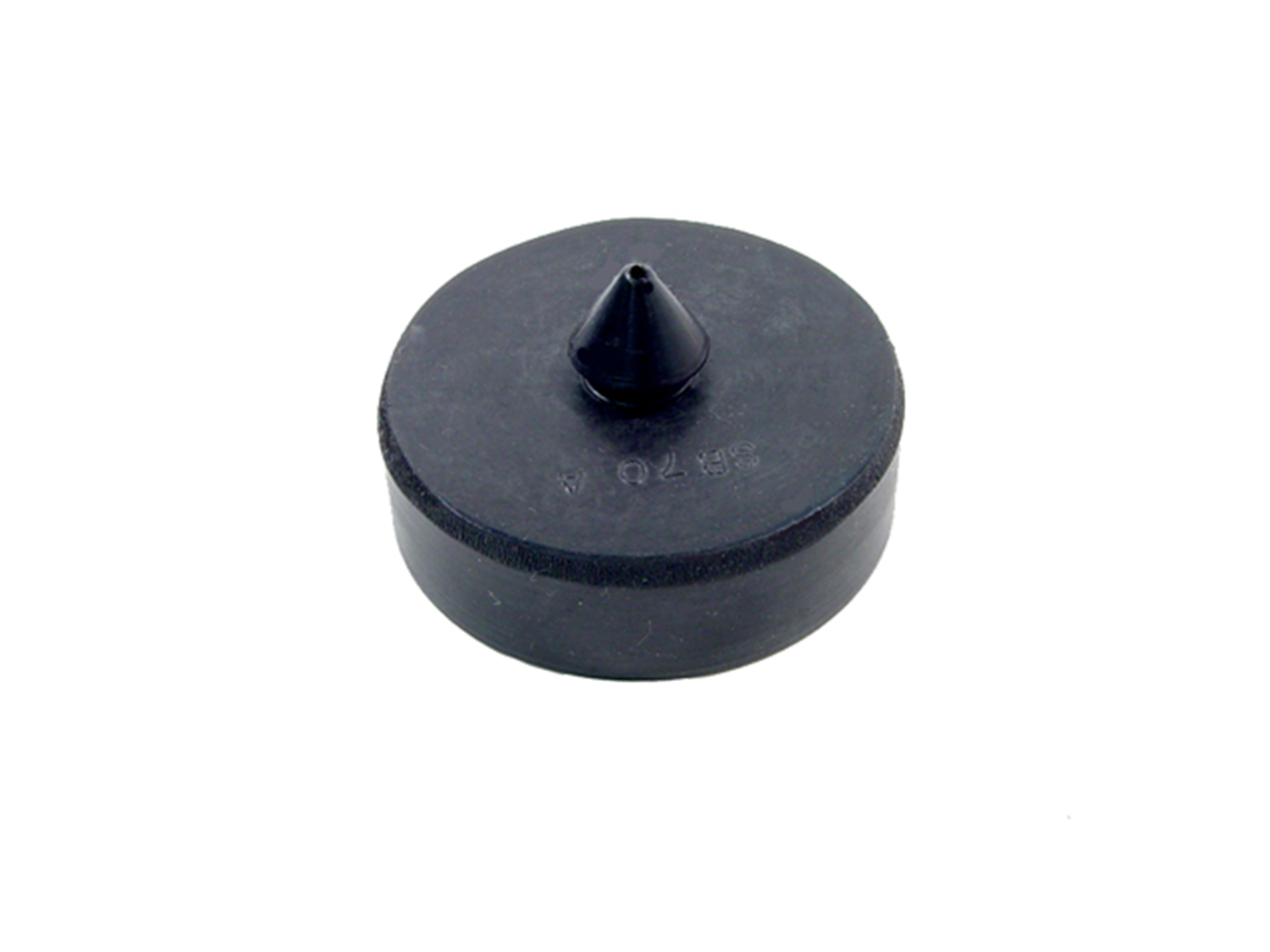 1974 Chevrolet Camaro Front door window stop bumper. ’70-’81 GM passenger cars-SB 70-AFront door window stop bumper. '70-'81 GM passenger cars. Dense rubber. Replaces OEM# 9810036. Each.
1974 Chevrolet Camaro Front door window stop bumper. ’70-’81 GM passenger cars-SB 70-AFront door window stop bumper. '70-'81 GM passenger cars. Dense rubber. Replaces OEM# 9810036. Each.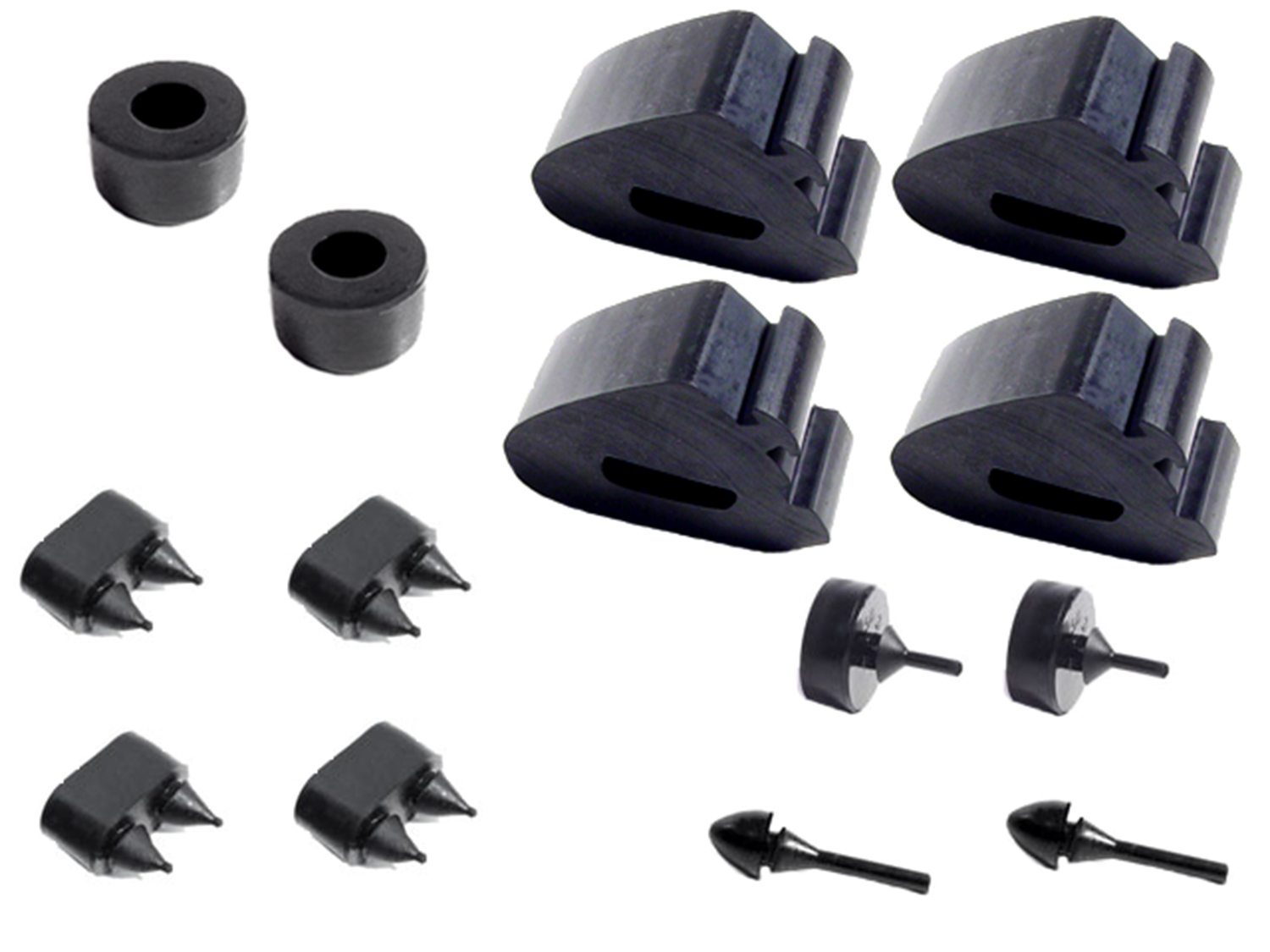 1974 Chevrolet Camaro Snap-In-Bumper Kit-SBK 207Snap-In-Bumper Kit. 14-Piece Set Includes: (2)HA 5, (4)HF 64, (4)SB 32, (2)SB 34, (2)SB 36
1974 Chevrolet Camaro Snap-In-Bumper Kit-SBK 207Snap-In-Bumper Kit. 14-Piece Set Includes: (2)HA 5, (4)HF 64, (4)SB 32, (2)SB 34, (2)SB 36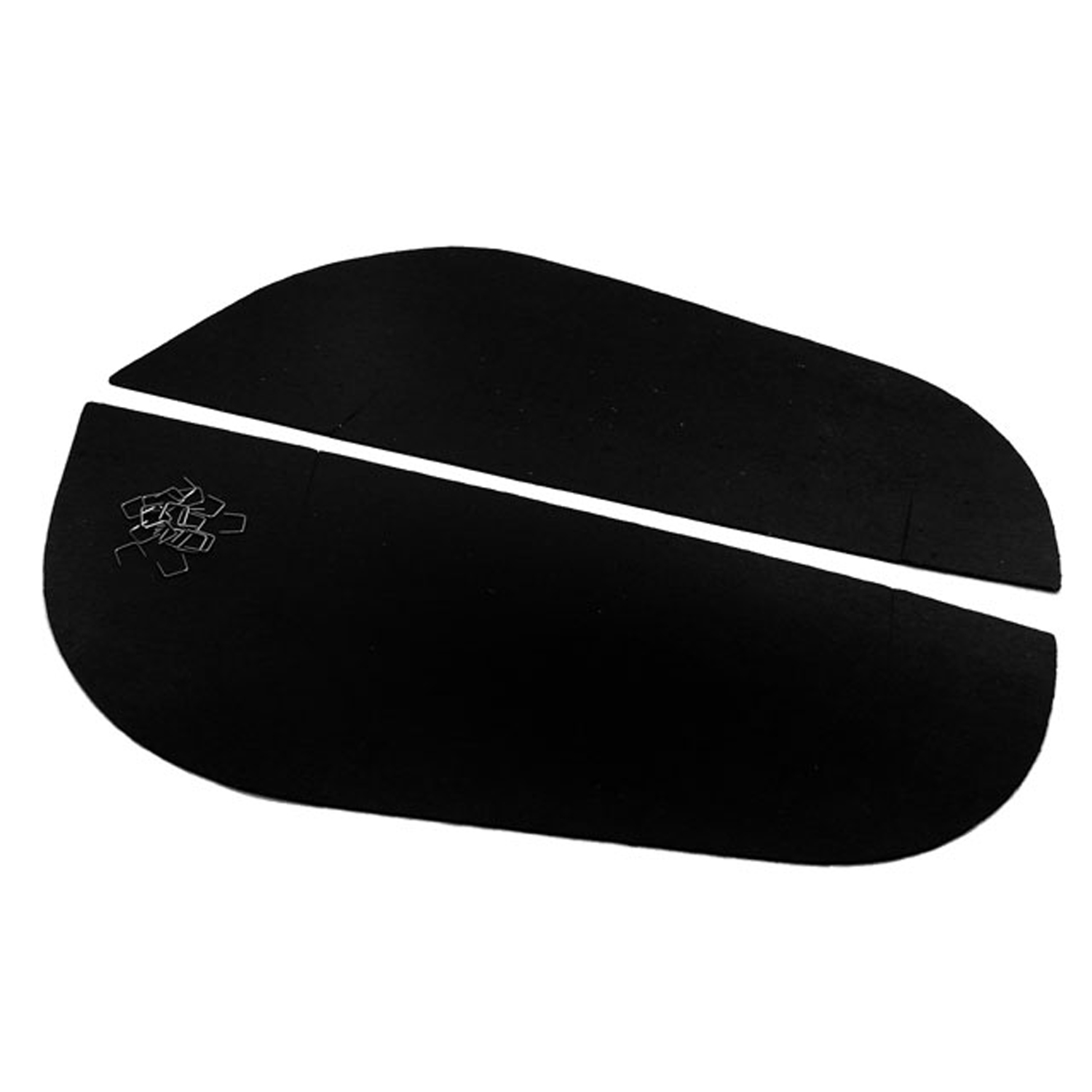 1974 Chevrolet Camaro Arm Splash Shield Kit-SI 2005-102Arm Splash Shield Kit. Used as dust and mud shield to keep engine compartments clean. Made from stiff rubber that is identical to original in composition, texture and color. Set
1974 Chevrolet Camaro Arm Splash Shield Kit-SI 2005-102Arm Splash Shield Kit. Used as dust and mud shield to keep engine compartments clean. Made from stiff rubber that is identical to original in composition, texture and color. Set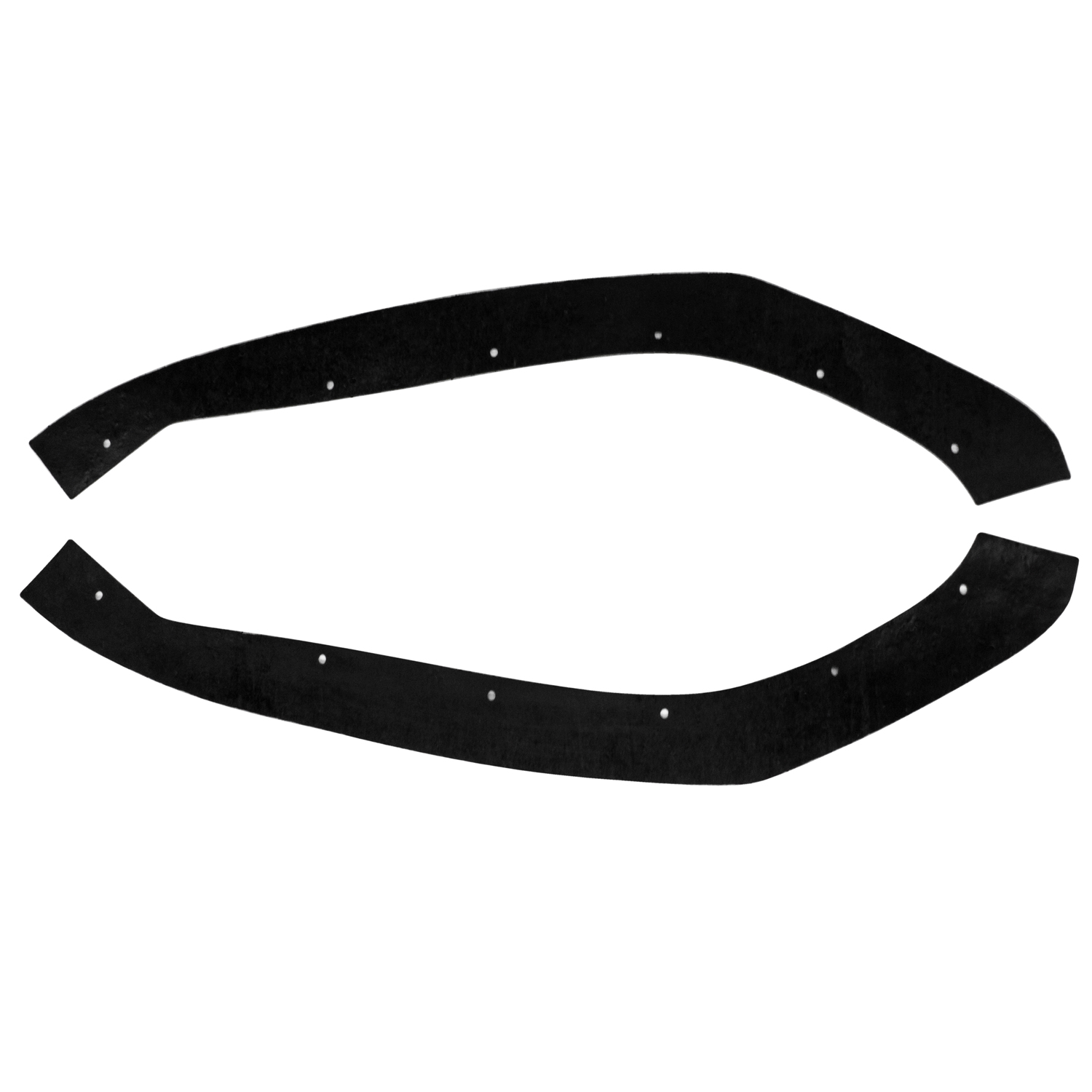 1974 Chevrolet Camaro Cowl to Fender Dust Shield Seal, 70-81 GM 'F' Body, Set of 2-SI 2005-102-ACowl to Fender Dust Shield Seal, 70-81 GM 'F' Body, Set of 2. Includes installation hardware.
1974 Chevrolet Camaro Cowl to Fender Dust Shield Seal, 70-81 GM 'F' Body, Set of 2-SI 2005-102-ACowl to Fender Dust Shield Seal, 70-81 GM 'F' Body, Set of 2. Includes installation hardware.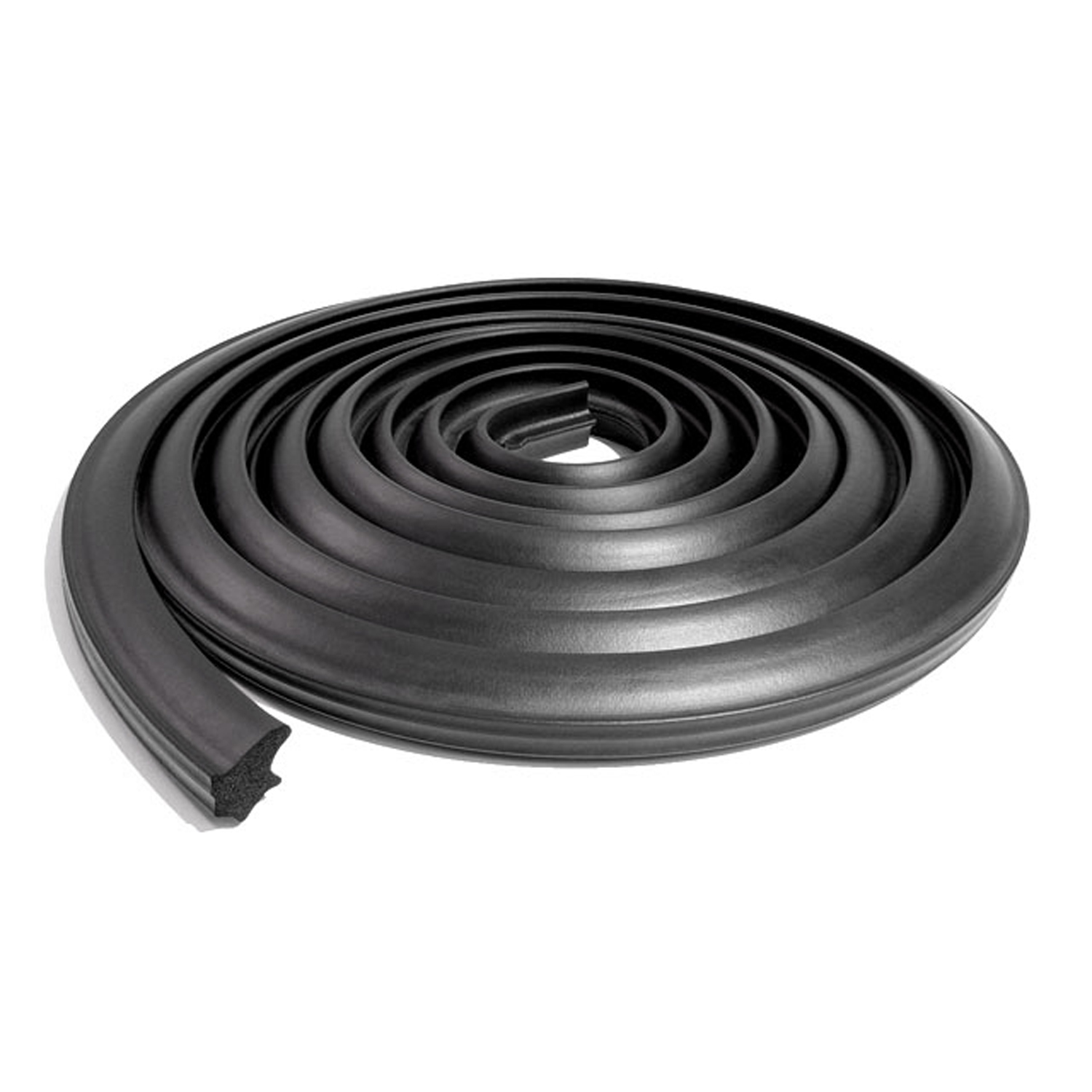 1974 Chevrolet Camaro Trunk Seal. 10 feet long. Each-TK 46-10Trunk Seal. 10 feet long. Each
1974 Chevrolet Camaro Trunk Seal. 10 feet long. Each-TK 46-10Trunk Seal. 10 feet long. Each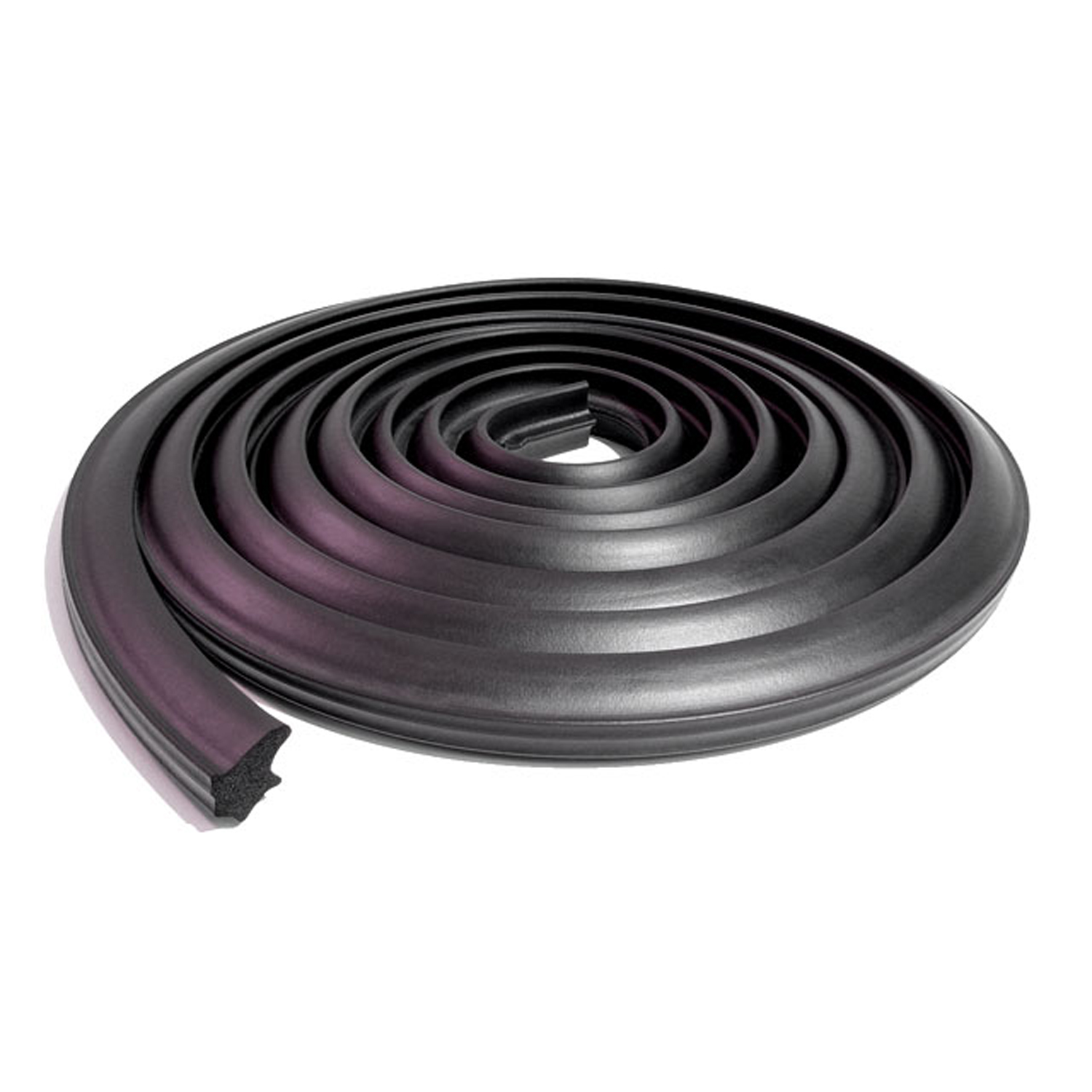 1974 Chevrolet Camaro Trunk Seal, Fits: '67-'81 GM F Body-TK 46-OThis is a trunk seal for 1967-1981 Chevrolet Camaro and Pontiac Firebird vehicles. Our product is made with high quality ozone resistant EPDM rubber for a great fit and long life.
1974 Chevrolet Camaro Trunk Seal, Fits: '67-'81 GM F Body-TK 46-OThis is a trunk seal for 1967-1981 Chevrolet Camaro and Pontiac Firebird vehicles. Our product is made with high quality ozone resistant EPDM rubber for a great fit and long life.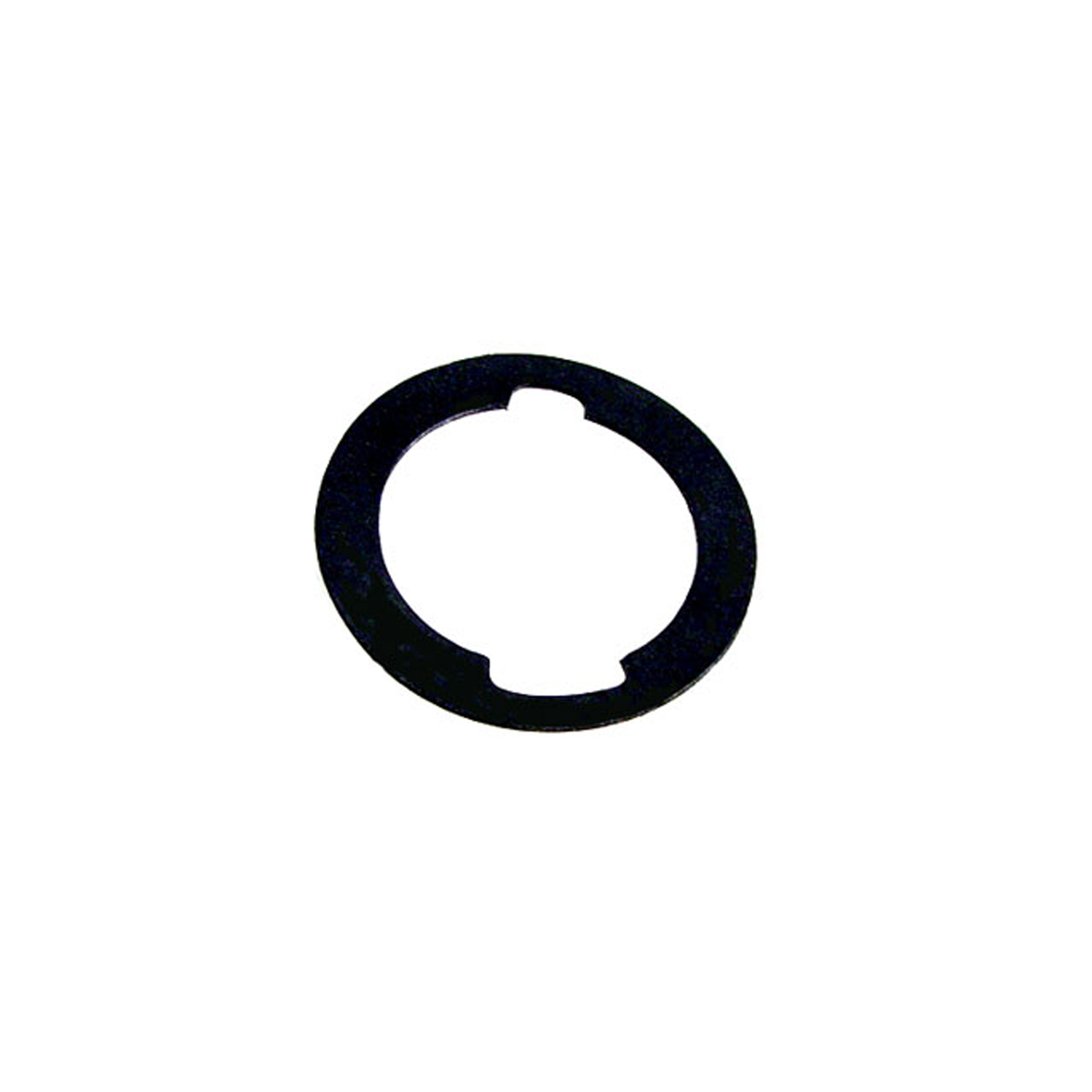 1974 Chevrolet Camaro Unbeaded Door and Trunk Lock Gasket. 1-3/16" O.D., 7/8" I.D-UM 1600-100Unbeaded Door and Trunk Lock Gasket. 1-3/16" O.D., 7/8" I.D. Each
1974 Chevrolet Camaro Unbeaded Door and Trunk Lock Gasket. 1-3/16" O.D., 7/8" I.D-UM 1600-100Unbeaded Door and Trunk Lock Gasket. 1-3/16" O.D., 7/8" I.D. Each 1974 Chevrolet Camaro Window Sweeper Kit-WC 2008-20Window Sweeper Kit. For models with special molding on the door, 2nd generation. 4-Piece Kit
1974 Chevrolet Camaro Window Sweeper Kit-WC 2008-20Window Sweeper Kit. For models with special molding on the door, 2nd generation. 4-Piece Kit 1974 Chevrolet Camaro Window Sweeper Kit-WC 2008-21Window Sweeper Kit. For models without special molding, 2nd generation. 4-Piece Kit
1974 Chevrolet Camaro Window Sweeper Kit-WC 2008-21Window Sweeper Kit. For models without special molding, 2nd generation. 4-Piece Kit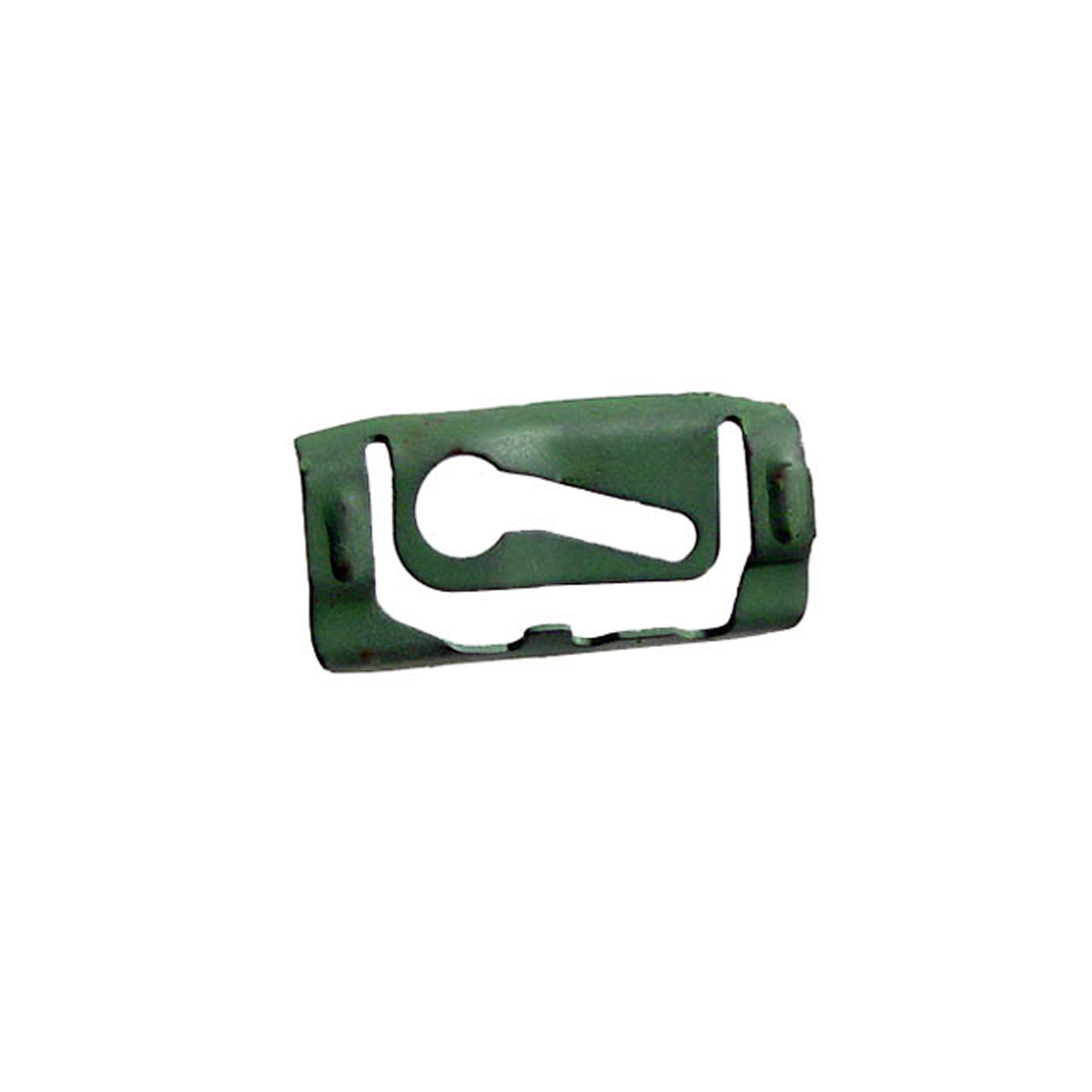 1974 Chevrolet Camaro Quarter Window Reveal Molding Clip. Made of Steel-WF 205Quarter Window Reveal Molding Clip. Made of Steel. 1-3/8" X 11/16". Each
1974 Chevrolet Camaro Quarter Window Reveal Molding Clip. Made of Steel-WF 205Quarter Window Reveal Molding Clip. Made of Steel. 1-3/8" X 11/16". Each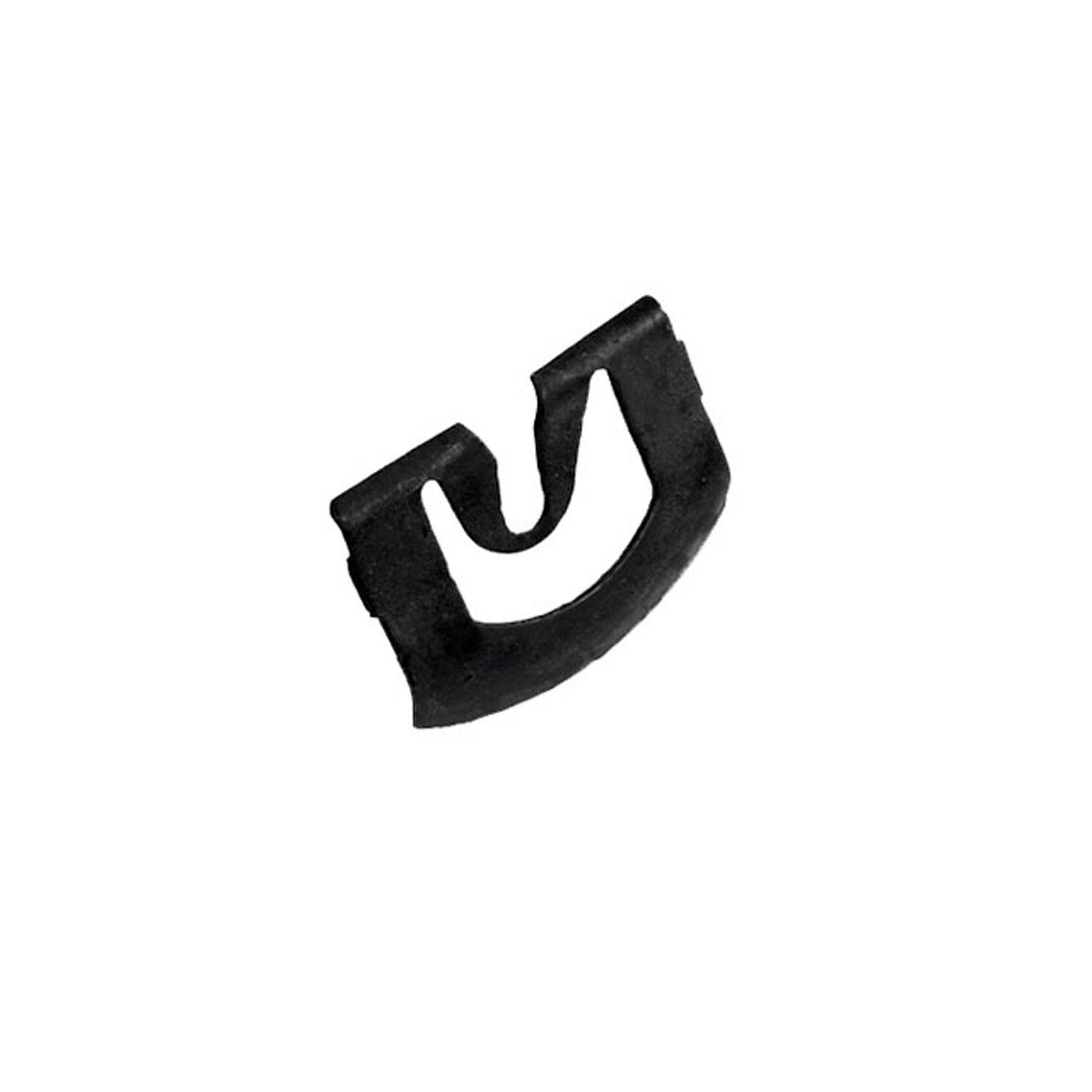 1974 Chevrolet Camaro Windshield Reveal Molding Clip. Made of steel. 13/16" x 1"-WF 209Windshield Reveal Molding Clip. Made of steel. 13/16" x 1". Each
1974 Chevrolet Camaro Windshield Reveal Molding Clip. Made of steel. 13/16" x 1"-WF 209Windshield Reveal Molding Clip. Made of steel. 13/16" x 1". Each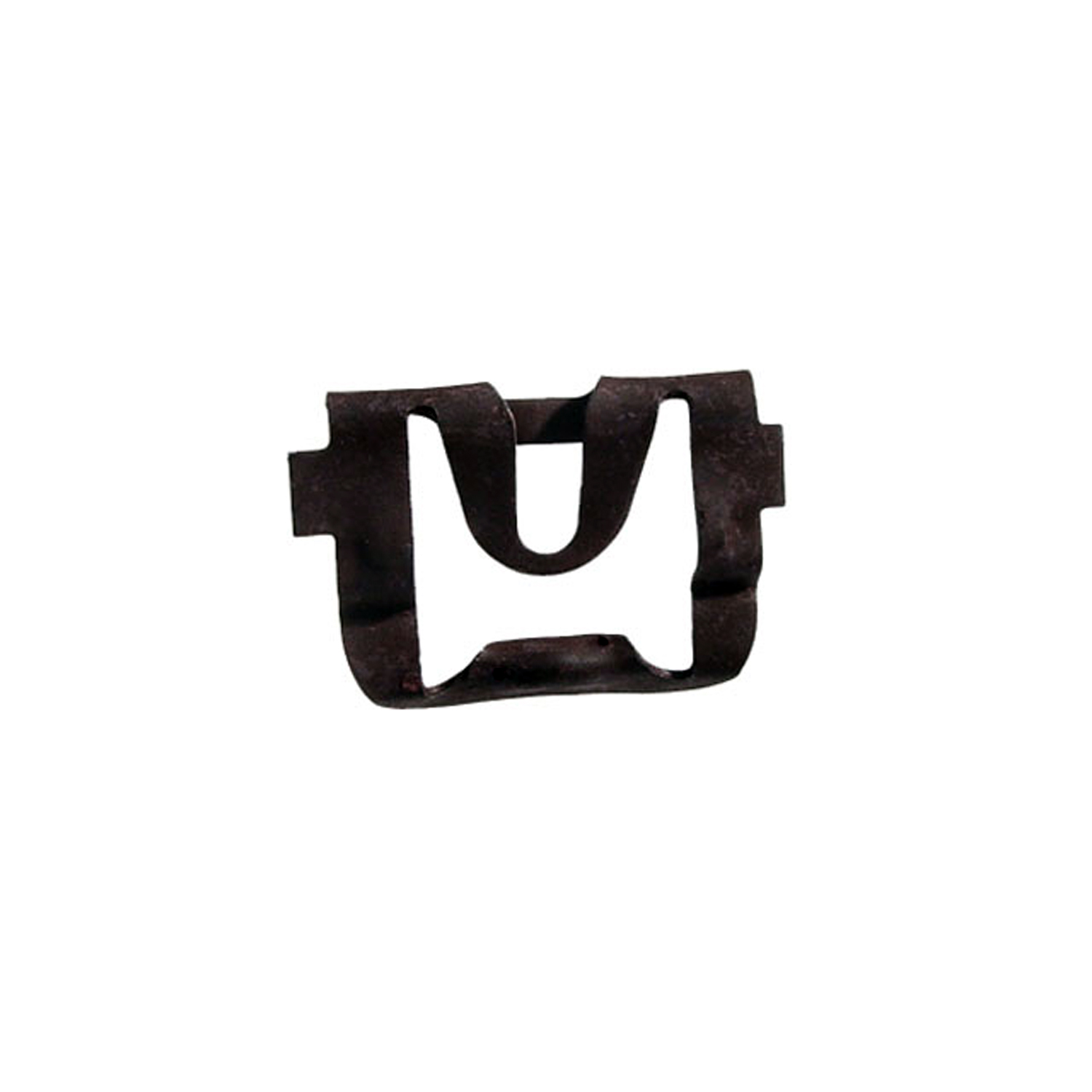 1974 Chevrolet Camaro Rear Windshield Reveal Molding Clip. Made of steel-WF 211Rear Windshield Reveal Molding Clip. Made of steel. 15/16" X 3/4". Each
1974 Chevrolet Camaro Rear Windshield Reveal Molding Clip. Made of steel-WF 211Rear Windshield Reveal Molding Clip. Made of steel. 15/16" X 3/4". Each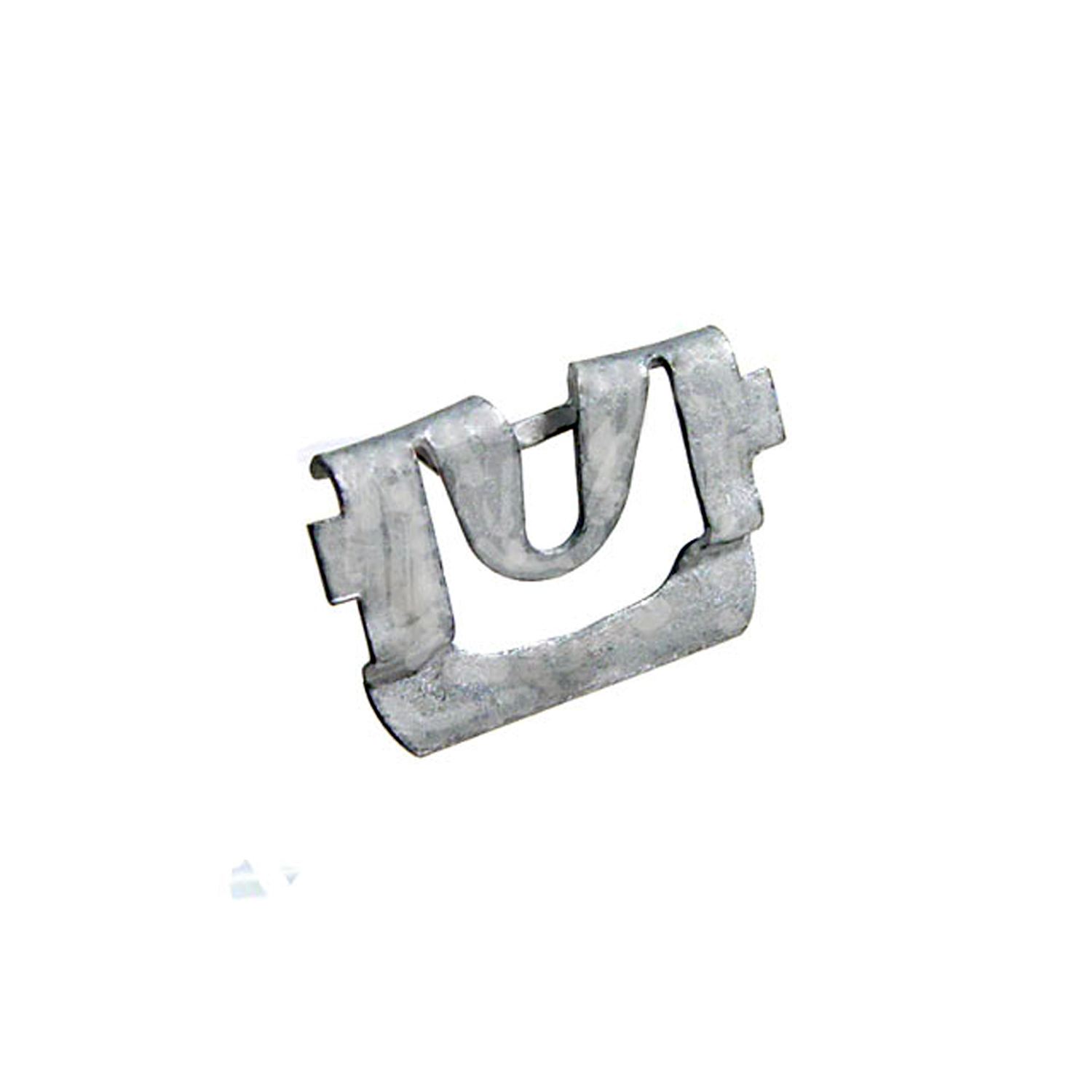 1974 Chevrolet Camaro Windshield Reveal Molding Clip. Made of steel-WF 223Windshield Reveal Molding Clip. Made of steel. 1/1/8" X 3/4". Each
1974 Chevrolet Camaro Windshield Reveal Molding Clip. Made of steel-WF 223Windshield Reveal Molding Clip. Made of steel. 1/1/8" X 3/4". Each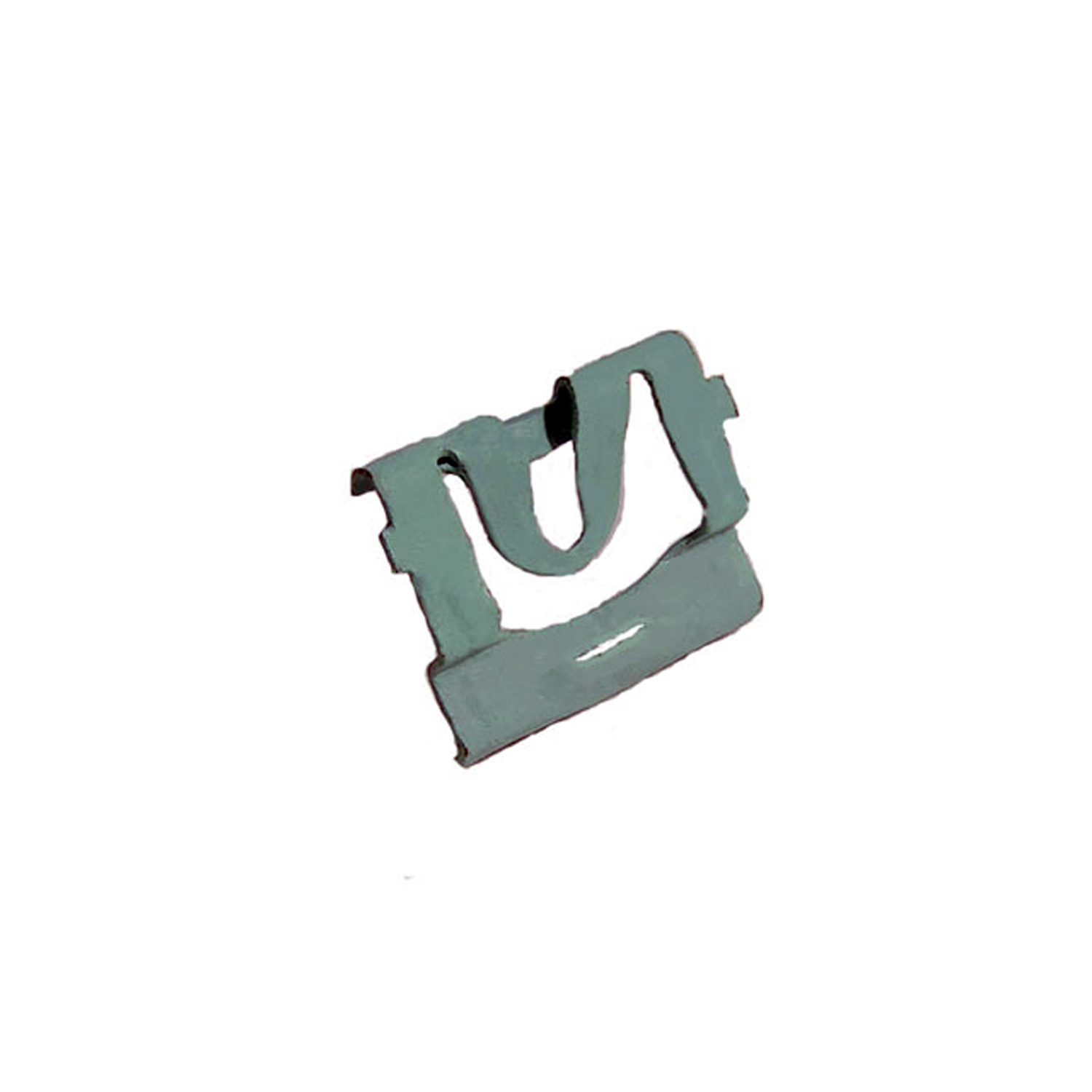 1974 Chevrolet Camaro Windshield Reveal Molding Clip. Made of steel-WF 224Windshield Reveal Molding Clip. Made of steel. 1-1/4" X 3/4". Fits many models. Each
1974 Chevrolet Camaro Windshield Reveal Molding Clip. Made of steel-WF 224Windshield Reveal Molding Clip. Made of steel. 1-1/4" X 3/4". Fits many models. EachWhy Choose Metro?
For over 100 years, Metro Moulded Parts has been the pinnacle of quality in classic car restoration parts. Our commitment to precision and authenticity in every component ensures a perfect fit and an OEM-level appearance.
- Expert Craftsmanship & Quality: Each part is a testament to our dedication to reliability and perfection, crafted from original designs and thoroughly tested.
- Advanced Technology: We use cutting-edge techniques to create flawless, long-lasting parts that surpass others in performance.
- SuperSoft Sponge – The Ultimate Door Seal: Not only are our door seals 30% softer than competitors', but they're also guaranteed to never leak. They effectively reduce wind and road noise, enhancing your classic car's comfort and driving experience.
- Proudly American: Our parts are a product of American craftsmanship, made in the USA with a spirit of excellence and heritage.
- Unrivaled Warranty: We back our products with a 30-year industry-leading warranty, a testament to our confidence in their quality.
Join us in preserving the legacy of classic cars with parts that are crafted for perfection, not just made.

